Resources
Top 3 VPNs for China (January/February 2018)
Published
7 years agoon

How to stream that TV drama without geo restrictions, and what VPN is best to purchase for your travels? These are What’s on Weibo’s favorites.
“What VPN do you use,” is a question that we’re often asked here, especially now that services such as Whatsapp have also often become unavailable within the PRC without the use of a VPN.
Whoever is traveling to China and need to access Gmail, Facebook, Twitter, Dropbox, or other online tools that are essential for many – and are not accessible from within the PRC – will need to purchase a VPN.
But also for other reasons, a VPN can be a must-have tool; you want to watch that top drama, for example, but can not because of geo restrictions. Or you notice that when booking hotel rooms or flights prices fluctuate depending on from where you access the website.
Most China travelers and anyone living there will know, but if you’re not sure what a VPN is: websites detect your location due to the IP address that identifies your network connection. With a VPN you can “trick the system” by using a virtual network address located in another country.
Do note: if you access a VPN from within the PRC, it is always possible that there are interruptions and that some locations and services do not work. Having more than one VPN service installed on your devices is one way to stay safe – we’ve purchased multiple VPN services at different times and occasionally needed to shift between services to stay connected. For any reports on VPN-related news in China, please see the other pages and categories on this site – this is merely our resources & recommendations section.
These are our favorite VPNs to use – tried out in January 2018. (NB: We are transparent with our readers, and this post is not a sponsored post. Some of these recommendations may, however, include an affiliate link that at no additional cost whatsoever to you allows What’s on Weibo to receive a small percentage in case you purchase the service.)
ExpressVPN has since long been amongst the most well-respected go-to VPN services to use amongst expats in China. It is a reliable service with steady connections depending on what location you select; ExpressVPN uses the ‘smart location’ button that helps you pick the best location to connect to from where you are. (From our experience, connections are often more stable on 4G than on a random bar wifi.)
ExpressVPN has excellent service and frequent updates for desktop, mobile, and tablet. They offer single month services starting from $12.95, 6-month plans from $9.99/month, and 1-year plans from $8.32/month.
The “30 Days Risk-Free” promise of ExpressVPN is nice and makes the barrier to try it out much lower. If you are not satisfied, you’ll get your money back without any questions asked.
To read more about ExpressVPN and purchase it, check here.
NordVPN is a well-trusted and easy-to-use VPN with great service. From our experiences, the people at NordVPN are always soon to reply and very friendly when it comes to any questions you might have, which is a great reassurance.
The layout of NordVPN is also very friendly, and it is easy to use on desktop, mobile, and tablet. With the ‘map’ layout, it’s easy to pick a favored location. Not all connections within the PRC are always steady, depending on locations you select – sometimes it takes some playing around before getting a stable connection, which is something most people will know when they’ve had experiences with VPNs there.
NordVPN offers 1-month plans from $11.95, 1-year plans from $5.75 per month, and 2-year plans from $3.29/month.
To purchase or read more about NordVPN click here.
VyprVPN / Golden Frog has since long been a big name in the world of China VPNs, with one of its main advantages being its lower price compared to its competitors. We’ve had good experiences and many name it as one of the most secure and reliable VPNs out there.
Nevertheless, as with virtually all VPNs out there, there are some complaints regarding the speed of the connection of VyprVPN – although it seems to vary per user and their wifi (and perhaps per region). It is one of the reasons why we’d always recommend taking on more than 1 service at the same time so you can switch in case connections drop on one of them.
VyprVPN really is a cheap option – it is available with 3 simultaneous connections for $9.95/month when it is billed monthly, or for $5 per month when it is billed annually.
In case you just want to try it out – VyprVPN offers customers a free testing option for three days, and now offers 3 months free on annual accounts: click here for more info. The Golden Frog site also has some interesting blog articles about China’s internet that are worth checking out; also about the latest situations regarding VPNs in China.
Do you think we should recommend another VPN and want to share your experiences? We’re open to try it out and add to this list – feel free to contact us.
Spotted a mistake or want to add something? Please let us know in comments below or email us.
©2018 Whatsonweibo. All rights reserved. Do not reproduce our content without permission – you can contact us at info@whatsonweibo.com.
Stories that are authored by the What's on Weibo Team are the stories that multiple authors contributed to. Please check the names at the end of the articles to see who the authors are.

Backgrounder
50 of the Best New Books on China for the Holidays and Winter 2020/2021
So much reading to do! These are some of the best new books on China.
Published
4 years agoon
December 25, 2020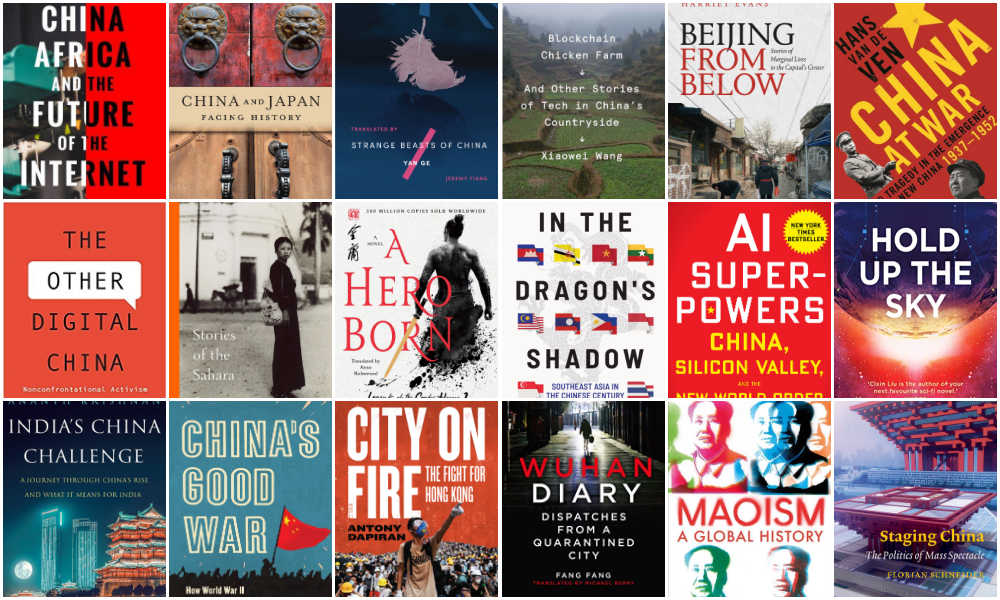
What’s on Weibo lists the 50 best China books for winter reading 2020/2021, with China non-fiction and fiction books that have come out in English recently.
What’s on Weibo has previously issued two major China book lists, one Best 30 Books to Understand Modern China (non-fiction), and one Top Best Fiction Books on China. Because both articles were published in 2018, and so many new and interesting books on China have come out since, it’s high time for another list.
This list consists of all new and interesting China books that have come out recently, mainly in 2020, but it also includes some earlier books.
We realize that there are so many books out there, and China’s domestic book market is enormous. But for the scope of this article, we will only list books that have come out in English as original works or were translated into English.
For the fiction section, we have selected modern fiction books by Chinese authors that have come out in English translation over the past two years. For a broader list of modern literary fiction works that provide deeper insights into China, please check our previous list here.
This list is categorized into seven major areas of China General (Popular), China History, Chinese Society & Focus Topics, China Tech/Digital, Academic Publications (China Studies), Chinese Fiction, and For Kids – something for everyone, from very broad China books to very focused subjects. Some books might fall into several categories such as academic and/or history, but have only been placed in one. Since there are many books being published on similar topics, we have tried to highlight different relevant focus topics and styles of narrating in this list. The order of the books is random and for reference purpose only (we do mention some personal favorites at the end of this list).
We have also tried to add relevant podcasts to each book recommendation, so there is plenty to read and listen to during these (pandemic) winter days!
ON CHINA GENERAL (POPULAR)
#1 ● Has China Won?: The Chinese Challenge to American Primacy
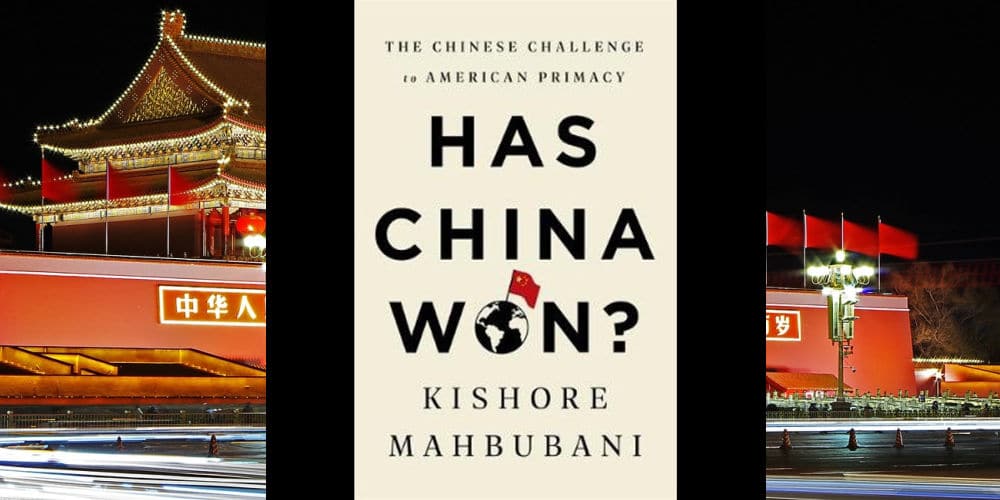
By Kishore Mahbubani, Public Affairs 2020
This book by the renowned Singaporean academic and former UN ambassador Kishore Mahbubani focuses on the geopolitical contest that has broken out between the US and China, and invites the reader to critically think about the complex dimensions behind this discourse and the strategic game behind it. Mahbubani writes that “it is curious that no one has pointed out that America is making a big strategic mistake by launching this contest with China without first developing a comprehensive and global strategy to deal with China” (2), and argues that not only does the US lack a sound understanding of its rival and their interests, it also overestimates its own position in a growingly complex international society. Being neither Chinese nor American, Kishore offers interesting perspectives that come from outside the American (or Chinese) thought bubble when it comes to current geopolitics.
Mahbubani is also on Twitter @mahbubani_k. Listen to the SupChina Sinica podcast with Kaiser Kuo featuring Kishore Mahbubani here.
Buy: Has China Won?: The Chinese Challenge to American Primacy
★ Also available as audiobook (iTunes) here / or via Audible here
#2 ● China’s Western Horizon: Beijing and the New Geopolitics of Eurasia
By Daniel Markey, Oxford University Press 2020
With the Belt and Road Initiative (BRI), also known as the One Belt One Road (OBOR) initiative being key to China’s present-day foreign policy, this list wouldn’t be complete without a book on this topic. Recently, multiple books came out on this subject. For example, there is The Emperor’s New Road: China and the Project of the Century by Jonathan Hillman and One Belt One Road: Chinese Power Meets the World by Eyck Freymann. One of the recent books on this topic to receive a lot of praise is that by China’s Western Horizon: Beijing and the New Geopolitics of Eurasia by Daniel Markey, senior research professor in International Relations at the Johns Hopkins School of Advanced International Studies. This book, useful for anyone who wants to get a better understanding of the Belt and Road Initiative, aims to make sense of “the decisive role that China’s less powerful neighbors are likely to play as China extends its reach across its western horizon.” This work is mainly divided into three sections, covering South Asia (chapter 3), Central Asia (chapter 4), and the Middle East (chapter 5). The last chapter focuses on US-China competition in Eurasia, with Markey arguing that the US needs a more local strategy in order to compete with China globally.
Listen to the Global Cable podcast with the author here. Daniel Markey is also on Twitter: @MarkeyDaniel.
Get the book here: China’s Western Horizon: Beijing and the New Geopolitics of Eurasia
★ Also available as audiobook (iTunes) here / or via Audible here
#3 ● Superpower Interrupted: The Chinese History of the World
By Michael Schuman, Public Affairs 2020
Superpower Interrupted offers a fresh perspective on China and its history for a western readership, focusing on the Chinese view of the Chinese history of the world, and demonstrating that there actually is no such thing as a truly global ‘world history.’ Schuman argues that since history shaped China’s perception of the world and its present-day position in international society, it is crucial for western diplomats, academics, politicians, and journalists to understand China not through the prism of their own world history, but through China’s own view.
Michael Schuman is also on Twitter: @MichaelSchuman. Sinica did a podcast with Schuman on his book earlier in 2020, which you can check out here.
Get: Superpower Interrupted: The Chinese History of the World
★ Also available as audiobook (iTunes) here / or via Audible here
#4 ● In the Dragon’s Shadow: Southeast Asia in the Chinese Century

By Sebastian Strangio, Yale University Press 2020
There is so much talk about US-China tensions recently, that China’s complicated relationships with its southern neighbors is a topic that often gets overlooked although it needs to be in the spotlight.In the Dragon’s Shadow, by journalist and Southeast Asia Editor at The Diplomat, is a very relevant work centering on the impact of China’s booming emergence and the dynamics of South East Asia. Chapter by chapter, Strangio provides valuable insights into the countries of Southeast Asia, exploring how China’s expanding power affects Vietnam, Cambodia and Laos, Thailand, Burma, Singapore, Malaysia, Indonesia and the Philippines.
This book was recently featured on the Sinica podcast, with Kaiser Kuo saying the book “is easily one of the best books I’ve read this year.” Sebastian Strangio is also on Twitter: @sstrangio.
Buy: In the Dragon’s Shadow: Southeast Asia in the Chinese Century
★ Also available as audiobook (iTunes) here / or via Audible here
#5 ● India’s China Challenge: A Journey through China’s Rise
By Ananth Krishnan, HarperCollins India 2020
Ananth Krishnan, China correspondent for The Hindu, moved to China in the summer of 2008 and ended up staying a decade. This book is a result of the author’s own on-the-ground experiences, and, in an accessible and engaging way, presents different perspectives on what China’s rise and transformations mean for India. The book explores political, economic, diplomatic, and military challenges in China-India relations, and also zooms out to the broader implications for international society.
This book was featured on the Grand Tamasha podcast. Ananth Krishan is on Twitter @ananthkrishnan.
Get it here: India’s China Challenge: A Journey through China’s Rise
#6 ● China: The Bubble That Never Pops
By Thomas Orlik, Oxford University Press 2020
It will collapse, it will bounce back, financial crisis, yuan devaluation – so much has been written (and wrongly speculated) about China’s economy over the past decade or two that it is hard to believe anything you read anymore. One thing is clear, and that is that China’s economy has demonstrated resilience throughout the years. This resilience is at the heart of this book by Thomas Orlik, chief economist at Bloomberg. Orlik explores how China managed to escape national financial crises in the face of global slowdown and provides a clear overview of China’s economic history since Deng Xiaopeng. In doing so, the author makes it clear that conventional approaches often taken by Western analysts in looking at China’s economy often get it wrong – and he explains why.
China: The Bubble That Never Pops was featured on Bloomberg’s Odd Lots podcast (link) and also on Sinica (link). Tom Orlik is on Twitter here: @TomOrlik.
Get: China: The Bubble that Never Pops
#7 ● Invisible China: How the Urban-Rural Divide Threatens China’s Rise
By Scott Rozelle and Natalie Hell, University of Chicago Press 2020
This book by development economist Scott Rozelle and researcher Natalie Hell highlights problems that often remain invisible in the face of China’s rapid economic rise. It’s the drama of the rural low-educated workers who were the motor driving China’s growth since the 1980s, but are now more and more left jobless and hopeless in their home villages as low-skilled work is increasingly outsourced to other countries or is taken over by robotics. In many ways, China and the Chinese people are going forward – yet the rural population is left behind, and it’s China’s Achilles’ heel. This book focuses on this invisible side to China’s rise and on how such a big story, with such major implications, could be so little known.
More about this book here and in the World Class podcast here.
Get: Invisible China: How the Urban-Rural Divide Threatens China’s Rise
#8 ● The Third Revolution: Xi Jinping and the New Chinese State

By Elizabeth C. Economy, Oxford University Press 2018
This book by Elizabeth Economy, Senior Fellow at Stanford University’s Hoover Institution, is for anyone who wants to understand how Xi’s ‘revolution’ is transforming China. It goes behind Xi Jinping and his vision for China, diving into the main areas on top of the Xi government agenda, including internal politics, the internet, innovation, economy, environment, and foreign policy. The priorities of the Xi-led leadership and the direction they are taking are not just of key importance to China, but also to the rest of the world – with a focus on the United States. A well-researched and concise work on China under Xi – its background, status-quo, and what lies ahead.
Elizabeth Economy is on Twitter, @LizEconomy. If you’d like to hear more on this book, listen to this CFR Asia Unbound podcast.
Get: The Third Revolution: Xi Jinping and the New Chinese State
★ Also available as audiobook (iTunes) here / or via Audible here
CHINA HISTORY
#9 ● China’s Good War: How World War II Is Shaping a New Nationalism
By Rana Mitter, Harvard University Press 2020
Rana Mitter is a British historian and political scientist who specializes in China’s history, and we’re a huge fan of his original perspectives and selection of topics. Mitter previously published China’s War with Japan, 1937-45: The Struggle for Survival (2014), which became an Economist Book of the Year and a Financial Times Book of the Year. For this book, Mitter continued to pursue his interest in China’s wartime history, this time focusing on how China’s memories of war have shaped its national identity, both at home and global role abroad. Mitter demonstrates that WWII is very much alive in China today, influencing popular culture and media to the dynamics of international relations.
Listen to Mitter talk about his book on the Sinica podcast here.
Get: China’s Good War: How World War II Is Shaping a New Nationalism
★ Also available as audiobook (iTunes) here / or via Audible here
By Michael Wood, St Martin’s Press 2020
This brand-new single-volume work (624 pages) presents a chronological history of China, weaving personal, local stories into big historical narratives, from early history to modern-day China. Wood, Professor of Public History at the University of Manchester, previously wrote and presented the short documentary series for BBC and PBS that was also titled The Story of China. This is an excellent and accessible book for anyone with an interest in China’s history and its role in the world today.
Wood is on Twitter here @mayavision. More about his book in this South China Morning Post review.
Get: The Story of China: The Epic History of a World Power from the Middle Kingdom to Mao and the China Dream
★ Also available as audiobook via Audible here
#11 ● China at War: Triumph and Tragedy in the Emergence of the New China
By Hans van de Ven, Harvard University Press 2020
Hans van de Ven is Professor of Modern Chinese History at the University of Cambridge and a Fellow of the British Academy. He specializes in the history of 19th and 20th century China. China at War zooms in on the period between 1937 and 1949. Van de Ven emphasizes that this was not just a time when China was at war with Japan, but also with itself, as it was also the time of the revolutionary war between the Nationalists and the Communists. The Second Sino-Japanese War and China’s civil war are intertwined and this history, and how it is remembered, is pivotal to understanding China’s 20th century and its place in the world today.
Check out the Asian Review of Books for more about China at War here. Hans van de Ven is also on Twitter @Jjv10Ven.
Get: China at War: Triumph and Tragedy in the Emergence of the New China
#12 ● Eurasian Crossroads – A History of Xinjiang
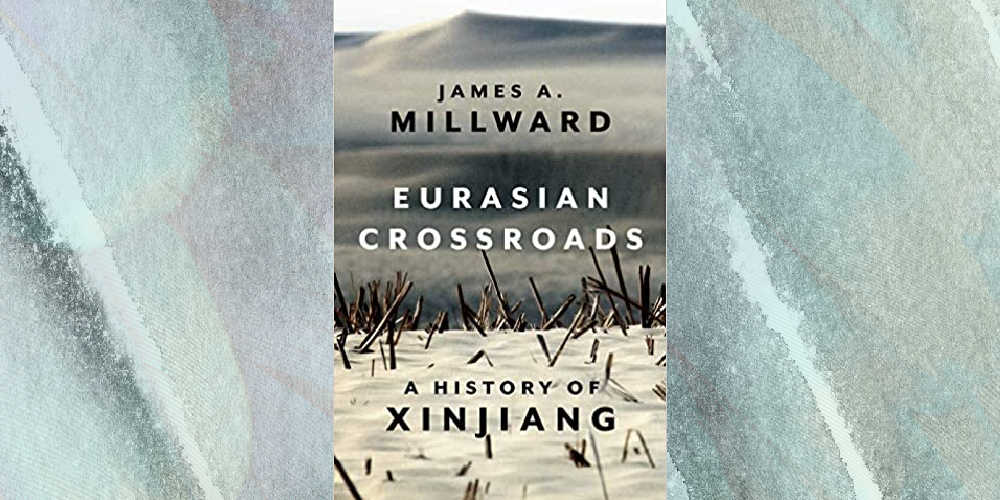
By James Millward, Hurst Publishers 2021 (2007)
This book ended up on our list here thanks to the ‘Five Best China Books 2020‘ article by Jeffrey Wasserstrom, American historian of modern China, who pointed out this upcoming renewed publication. The book was actually published years ago, but a new and revised edition is coming out in January 2021, adding a chapter on the status-quo in Xinjiang and the so-called re-education camps. With this book, James Millward, author and historian of China & Central Asia, provided the first comprehensive account in English of the history of Xinjiang and its peoples from earliest times to the present. This book is a must-have for anyone interested in Xinjiang and for anyone who wants to get a better grasp of the history and complex dynamics behind today’s Xinjiang.
There’s a recent episode of the Harvard Fairbank Center for Chinese Studies podcast featuring Millward speaking about the history of the crisis in the Uyghur Autonomous Region. James Millward is on Twitter @JimMillward.
Get (still the earlier version, updated book set to release late January 2021): Eurasian Crossroads: A History of Xinjiang
#13 ● China and Japan: Facing History
By Ezra F. Vogel, Belknap Press of Harvard University 2019
Ezra F. Vogel, an eminent scholar of China and Japan, passed away in December of 2020. China and Japan: Facing History is his last book, which Vogel hoped would help improve understanding in that tense relationship between these neighboring rivals. With so many books focusing on China-US relations and power politics, there are relatively few new books that focus on Sino-Japanese relations, even though they are so crucial to both nations and the region. Vogel calls it a dangerous, deep, and complicated relationship. This book is an excellent overview of the relations between China and Japan, from early history to modern times.
The Harvard University Program on U.S.-Japan Relations recorded a podcast featuring Vogel earlier in 2020, which can be listened to here.
Get this book: China and Japan: Facing History
★ Also available as audiobook (iTunes) here / or via Audible here
#14 ● Maoism: A Global History
By Julia Lovell, Knopf 2019
This award-winning book is written by Julia Lovell, Professor of Modern Chinese History and Literature at Birkbeck College as well as an active translator of Chinese literature into English. Maoism: A Global History provides an overview of the influence of Maoism in different parts of the world from the 1930s to the present, with Lovell calling Maoism “one of the major stories of the twentieth and twenty-first centuries.” This is a big book, but Lovell succeeds to captures the reader’s attention with her in-depth insights and engaging writing style.
Also check out this History Extra podcast, in which Julia Lovell explores the nature of Mao’s ideology and how it has shaped China and many other countries around the world.
Get: Maoism: A Global History
★ Also available as audiobook (iTunes) here / or via Audible here
#15 ● Last Boat Out of Shanghai: The Epic Story of the Chinese Who Fled Mao’s Revolution
By Helen Zia, Ballantine Books 2019
Benny, Ho, Bing, and Annuo were still young when the Chinese civil war was coming to an end and the threat of a violent Communist revolution was looming over Shanghai, the epicenter of a large-scale exodus in the late 1940s. It is estimated that approximately one million people fled through the city around 1949, the year the People’s Republic of China was founded. Through the lens of the personal stories of some of these people, Zia shines a light on the bigger picture of the mass departure of wealthy and middle class Chinese and foreigners from Shanghai. She does so in a very captivating way – a pleasure to read.
In the They Call us Bruce podcast, Helen Zia talked about her book (link) and the tumultuous forces of history and migration. Helan Zia is also on Twitter here @HelenZiaReal.
Get: Last Boat Out of Shanghai: The Epic Story of the Chinese Who Fled Mao’s Revolution
★ Also available as audiobook (iTunes) here / or via Audible here
#16 ● The Last Kings of Shanghai – The Rival Jewish Dynasties That Helped Create Modern China
By Jonathan Kaufman, Penguin Random House 2020
Shanghai’s Jewish history is a fascinating one, and over the past few years there’s been increased attention on the Jewish community of Shanghai and the history of Jews in China (also see our article on this, Memories of a Nearly Forgotten Community). In this book, author Jonathan Kaufman, journalist & director of the Northeastern University’s School of Journalism, tells the epic multigenerational stories of two Jewish families: Shanghai’s famous Sassoon family, who had been doing business in China for a century, and the Kadoorie family, another business dynasty that rivaled the Sassoons. Both the Sassoons and Kadoeries were originally from Baghdad, and these wealthy families accumulated great influence and played a role in Chinese business and politics for more than 175 years. This well-researched book provides intriguing insights into a history that few people know of.
In Northwestern University Library’s What’s New podcast, Kaufman recently discussed his book, link. Jonathan is on Twitter here @jkaufman617.
Get: The Last Kings of Shanghai: The Rival Jewish Dynasties That Helped Create Modern China
★ Also available as audiobook (iTunes) here / or via Audible here
#17 ● Forbidden Memory: Tibet during the Cultural Revolution
By Tsering Woeser, translated by Susan T Chen, edited by Robert Barnett, photographs by Tsering Dorje, Potomac Books 2020 (2006)
The story behind the making of the Forbidden Memory book is an extraordinary one. It begins with Tibetan writer and activist Tsering Woeser finding rare photos taken by her father, who passed away in 1991, of the Cultural Revolution period in Tibet. Woeser’s father, Tsering Dorje, was with the People’s Liberation Army when it entered Tibet in the 1950s. In 1999, Woeser sent these photos to Chinese writer and scholar Wang Lixiong, who had written on Tibet in his book Sky Burial: The Destiny of Tibet. Wang, realizing how precious these photographs were, wrote back to Woeser saying the history told through the photos needed to be told by herself and those on the inside of the history. Six years later, Woeser completed her research and writing, including interviews with over seventy people connected to the history captured in the photographs, and published an edition of Forbidden Memory for the Taiwanese market. Brought together by her father’s photos, Woeser and Wang ended up getting married in 2004. Now, in 2020, Forbidden Memory is finally translated into a revised English edition. Through text and photos, this 400-page book tells the horrible story of the violence of the Cultural Revolution in Tibet. With this work, Woeser uncovers the stories of a past that was previously erased.
Read more on this work here. Woeser is on Twitter here @degewa
Get: Forbidden Memory: Tibet during the Cultural Revolution
CHINESE SOCIETY AND FOCUS TOPICS
#18 ● Wuhan Diary: Dispatches from a Quarantined City
By Fang Fang, translated by Michael Berry, HarperCollins 2020
Wuhan Diary is written by the 65-year-old acclaimed Chinese author Wang Fang, better known as Fang Fang, and it is an important book documenting China’s COVID19 outbreak. Wuhan Diary is an online account of the 2020 Hubei lockdown, originally published on WeChat and Weibo. Throughout the lockdown period in January, February, and March, Fang Fang wrote about life in quarantine in province capital Wuhan, the heart of the epicenter, documenting everything from the weather to the latest news and the personal stories and tragedies behind the emerging crisis. Fang’s 60-post diary was published on her Weibo account from late January shortly after the lockdown began, until late March when the end of the lockdown was announced. Although Fang was originally praised as a ‘voice of the people’ in China, she was later bashed for being a ‘traitor’ once it became known that her book would be published in the US and Europe.
Read more about Wuhan Diary and its controversy here.
Get: Wuhan Diary: Dispatches from a Quarantined City
★ Also available as audiobook (iTunes) here / or via Audible here
#19 ● Eat the Buddha: Life and Death in a Tibetan Town
By Barbara Demick, Random House 2020
American journalist Barbara Demick previously wrote a book on North Korea (Nothing to Envy: Ordinary Lives in North Korea) (2010), and with this book she explores another closed-off area; that of Sichuan’s Ngaba, a place that is usually a no-go area for foreign journalists due to the many anti-government demonstrations and self-immolation protesters. During the years she lived in China, Demick managed to travel to Ngaba on several occasions and conducted interviews. This book is a result of these interviews and spans decades of modern Tibetan and Chinese history and closely examines the relationships between the Chinese Communist Party and Tibet.
Demick is on Twitter @BarbaraDemick.
Get: Eat the Buddha: Life and Death in a Tibetan Town
★ Also available as audiobook (iTunes) here / or via Audible here
#20 ● City on Fire: The Fight for Hong Kong
By Antony Dapiran, Scribe 2020
This list obviously needs a focus book on Hong Kong, as 2020 came with great restrictions on Hong Kong freedom as the National Security Law came into effect – causing alarm among the people that have protested for greater freedom, democracy, and independence from the political influences of Beijing since 2019. In this book, Hong Kong-based lawyer and author Antony Dapiran provides a concise account of the Hong Kong’s 2019 anti-government protests that grew into a pro-democracy movement that engulfed the city for months. This book is for everyone who wants to understand what has happened and is happening in Hong Kong and grasp the protesters’ tactics and how their movement fits into the city’s history of dissent.
Listen to more on this book in the Intelligence Squared podcast here. Anthony is on Twitter here @antd.
Get: City on Fire: the fight for Hong Kong
#21 ● The Myth of Chinese Capitalism: The Worker, the Factory, and the Future of the World
By Dexter Roberts, St Martin’s Press 2020
There are many complicated stories behind all the headlines on China’s economic success and its rise on the world stage. This book by award-winning journalist Dexter Robers sheds critical light on the serious problems that China and its people face today; (reverse) migration, an aging society, income inequality, an unfair hukou system, and rising social unrest. Roberts tells the stories of the people behind these huge issues, focusing on the small village of Binghuacun in Guizhou and on Dongguan town in Guangdong.
Roberts and his work recently came on the Sinica podcast, listen here. Dexter Roberts is on Twitter here @dtiffroberts.
Get the book: The Myth of Chinese Capitalism: The Worker, the Factory, and the Future of the World
★ Also available as audiobook (iTunes) here / or via Audible here
#22 ● The Chile Pepper in China: A Cultural Biography
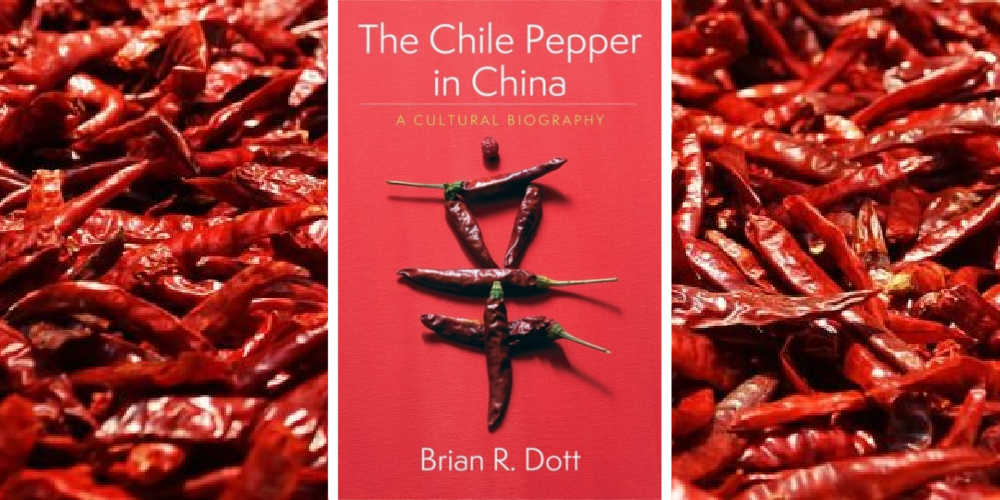
By Brian Dott, Columbia University Press 2020
The Chile Pepper in China is just too hot to exclude from this list. In this book, Brian Dott, associate professor of history at Whitman College, explores the evolution of the chile pepper from an obscure foreign import to a ubiquitous plant regarded by most Chinese as native to the land. In doing so, we learn many new things. Such as that there were no chiles anywhere in China prior to the 1570s – which is surprising when you know how firmly chile is ingrained in China’s national and local gastronomic traditions. The chile serves as a lens through with Dott explains more about Chinese history and the changing components of Chinese culture.
Brian Dott and his recent work were previously featured on the Sinica podcast here.
#23 ● Beijing from Below: Stories of Marginal Lives in the Capital’s Center
By Harriet Evans, Duke University Press 2020
Anyone who has been to Beijing pre-Olympics and after will understand the major transformation some parts of the city have undergone during and since that time. This book by Harriet Evans, Emeritus Professor of Chinese Cultural Studies at the University of Westminster, focuses on the disadvantaged residents of ‘Dashalar’, a small popular neighborhood just steps away from Tiananmen. It is the result of years-long research between 2007-2014 and conversations with its old residents, and captures how the rapid pace of Beijing’s transformation is affecting local families and individuals.
Listen to Harriet Evans speak about her work and Beijing in this podcast by New Books in Anthropology.
Get this book: Beijing from Below: Stories of Marginal Lives in the Capital’s Center
#24 ● China’s New Red Guards: The Return of Radicalism and the Rebirth of Mao Zedong
By Jude Blanchette, Oxford University Press 2019
China’s neo-Maoists are those who place their belief in that the philosophy and strategies of Mao Zedong can help China navigate the 21st century. In this book, Blanchette zooms in on neo-Maoism as a political movement born out of discontent with China’s current-day political and economic route. Besides shedding light on China’s political system and how the political agenda has shifted since Mao’s death, China’s New Red Guards explores key questions of who speaks for ‘authentic socialism’ and Marxism, “and who the true political inheritors of Mao’s legacy are.”
Kaiser Kuo sat down with Jude Blanchette for the Sinica podcast here.
Get: China’s New Red Guards: The Return of Radicalism and the Rebirth of Mao Zedong
# 25 ● Big Sister, Little Sister, Red Sister: Three Women at the Heart of Twentieth-Century China
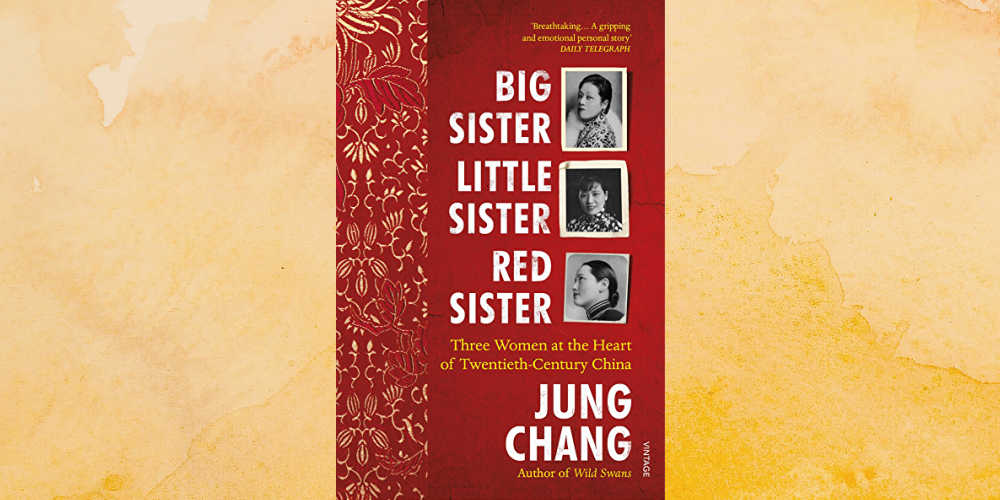
By Jung Chang, Vintage Digital 2019
Jung Chang is most famous for her work Wild Swans, a classic book that virtually anyone who is interested in China will probably have in their book collection. Although Jung Chang previously drew criticism over Mao: The Untold Story, with people questioning the factual accuracy, this new book needs to be here due to its fascinating topic of three sisters who part of a defining moment in China’s modern history as sisters, wives, and mothers. The Song sisters, born between 1888 and 1898, were all powerful and influential women, with each choosing their own unique path. Ailing became a successful businesswoman in cooperation with her husband (a director of the Bank of China), Qingling married Sun Yat-sen, and Meiling married Chiang Kai-shek. In Big Sister, Little Sister, Red Sister, Jung Chang goes beyond the popular generalizations about the Song sisters (“one loves power, one loves money, one loves the people”), and tells their stories in an absorbing way and highlights the tensions between them. Fun fact: Jung Chang initially planned to write a book about Sun Yat-sen but then decided his wife and her sisters were far more interesting.
For more on Jung Chang’s latest work, check out this episode of the Spectator Books podcast.
Get: Big Sister, Little Sister, Red Sister: Three Women at the Heart of Twentieth-Century China
★ Also available as audiobook (iTunes) here / or via Audible here
CHINA TECH & DIGITAL
#26 ● Attention Factory: The Story of TikTok and China’s ByteDance
By Matthew Brennan, 2020
China’s ‘old’ tech giants Baidu, Alibaba en Tencent are often at the center of books that focus on China’s flourishing tech scene, but it is high time that the newer giants get the attention they deserve. Brennan’s book focuses on Bytedance, the company behind super-popular apps such as TikTok, Toutiao, and Xigua. He tells the story of the company’s rise to international fame, with TikTok becoming the most downloaded app in the world in 2020. Brennan explains both the ‘back end’ and the ‘front end’ – shining a light on TikTok’s algorithms, business growth stages, telling the story of Bytedance founder Zhang Yiming and the early years of the company. In doing so, Brennan clearly illustrates the road that has led to TikTok’s emergence as a global hit.
Listen to the FYI Podcast with Brennan here. Follow Matthew Brennan on Twitter here @mbrennanchina.
Get the book here: Attention Factory: The Story of TikTok and China’s ByteDance
(Also available on BookDepository)
#27 ● Blockchain Chicken Farm: And Other Stories of Tech in China’s Countryside
By Xiaowei Wang, Farrar, Straus and Giroux 2020
China’s rapid technological developments are impacting virtually every corner of society. While mainstream media generally solely focus on how China’s urban people and environments are influenced by high-tech innovation, Blockchain Chicken Farm puts a spotlight on how the lives of China’s rural and poor are changed by technology. In this book, technologist and writer Xiaowei Wang challenges metronormativity and shows that China’s countryside is not just adapting to the rapid technological developments – it is fuelling the technology that’s used every day. From AI farming systems to e-commerce villages and blockchain food projects, Wang provides new insights into China’s tech world, its urban-rural dynamics, and globalization.
Xiaowei Wang talks about their book in a recent episode of the ChinaTalk podcast with Jordan Schneider. Wang is also on Twitter @xrw.
Get: Blockchain Chicken Farm: And Other Stories of Tech in China’s Countryside (FSG Originals x Logic)
#28 ● Censored: Distraction and Diversion Inside China’s Great Firewall
By Margaret E. Roberts, Princeton University Press 2020 (2018)
We can’t talk about China’s internet or digital environment at large without discussing its censorship apparatus. This work by Roberts zooms in on the dynamics of censorship in the Chinese digital environment and shows that China’s online censorship is not as black and white of an issue as it is sometimes made out to be. Censorship in China is ‘porous’, it is often circumventable, it includes some things and leaves out others. Roberts argues that there is a clear strategy behind this specific kind of censorship and how it differently affects different segments of the population.
Roberts talked about her work on the Sinica Podcast, listen here. Margaret Robers is also on Twitter @mollyeroberts.
Get the book: Censored: Distraction and Diversion Inside China’s Great Firewall
#29 ● The Great Firewall of China: How to Build and Control an Alternative Version of the Internet
By James Griffith, Zed Books 2019
This book by Griffith, reporter and producer for CNN International, is a great introduction to the background and history of the ‘Great Firewall of China’ and China’s online environment in general. Jumping from pro-democracy protests in Hong Kong and at Tiananmen to discussing Falun Gong and online Uyghur voices, Griffith narrates the story of China’s censorship machine in a compelling way.
Check The Wire China for more on this work, or check out ABC with Marc Fenell here. James is on Twitter here @jgriffiths.
Get the book: The Great Firewall of China: How to Build and Control an Alternative Version of the Internet
By Rebecca Fannin, Nicholas Brealey Publishing 2019
It is always a bit hard to recommend books on the ongoing tech developments in China, since they tend to be outdated from the moment they are published. Still, this book by Rebecca Fannin (who previously wrote Silicon Dragon) is an informative starting point for those who need an introduction to China’s tech environment, its main players, and most important startups. It explains how and why Chinese tech players and products have become more innovative than their American counterparts, and how they quickly invest and commercialize.
The Inside Asia podcast previously featured Fannin and her book in this episode. Rebecca Fannin is also on Twitter @rfannin.
Get the book here: Tech Titans of China: How China’s Tech Sector is challenging the world by innovating faster, working harder, and going global
#31 ● AI Superpowers: China, Silicon Valley, and the New World Order
By Kai-Fu Lee, Houghton Mifflin Harcourt 2018
This best-selling book by computer scientist and businessman Kai-Fu Lee is often highly recommended within China’s tech book category because it gives a clear overview of the country’s artificial intelligence industry and how China’s status-quo as AI superpower and ongoing ‘AI fever’ will have dramatic implications for global economics and governance. Informative and engaging, this book provides valuable insights into China and AI in general, and the challenges that lie ahead.
Listen to Kai-fu Lee talk about his book on the Lex Fridman podcast here. Kai-Fu Lee is also on Twitter @kaifulee.
Get the book: AI Superpowers: China, Silicon Valley, and the New World Order
★ Also available as audiobook (iTunes) here / or via Audible here
#32 ● China, Africa, and the Future of the Internet
By Iginio Gagliardone, Zed Books 2020
Chinese presence in Africa is an important focus topic that definitely needs to be included on this list, and Gagliardone’s book provides an original and relevant perspective. It examines the extent to which China is influencing information societies in Africa, where the Internet, in various ways, is still taking shape. Gagliardone explores the existing assumption that China is influencing other media systems and is actively promoting its own model of a controlled Internet environment outside of the PRC. Gagliardone makes it clear that African states are not passive recipients of Chinese influence and highlights the complex dynamics of Chinese-African relations and the Internet.
Check out this episode of the China in Africa podcast featuring this author on this latest book. Iginio Gagliardone is also on Twitter @iginioe.
Get the book: China, Africa, and the Future of the Internet
IN CHINA STUDIES
#33 ● The Chinese Communist Party in Action: Consolidating Party Rule
By Zheng Yongnian and Lance L.P. Gore (eds), Routledge 2020
There is a lot of talk about China’s ‘One Party system’ and the Communist Party, with many being unaware of the systems and dynamics behind the CCP. This edited volume explores the role of the Chinese Communist Party as an institution in China today; its strategies, its campaigns, transformations, the interaction between party members, and its policymaking. These thirteen chapters are written by different scholars from various parts of the world.
Get this book: The Chinese Communist Party in Action: Consolidating Party Rule (China Policy Series)
#34 ● Afterlives of Chinese Communism: Political Concepts from Mao to Xi
Christian Sorace, Ivan Francescini, Nicholas Loubere (eds), Verso Book 2019
What is the legacy of the Mao era? There is no straightforward answer to this question. This edited volume is a collection of essays discussing the history and contemporary relevance of key concepts from the Mao era. It focuses on the political thoughts and discourse in China from 1949-1976 and revisits the complicated and contested legacies of Chinese communism, with each author in this work writing about this topic from their own critical perspective.
Get: Afterlives of Chinese Communism: Political Concepts from Mao to Xi
#35 ● Anxious China – Inner Revolution and Politics of Psychotherapy
By Li Zhang, University of California Press 2020
We first learned about this book via the New Books in East Asian Studies podcast and wanted to include it here due to its original and relevant research on how Chinese middle-class urbanites are more and more turning to Western-style counseling to deal with psychological distress in a rapidly changing China. Li Zhang is a Professor of Anthropology at the University of California at Davis. She argues that China’s profound economic reforms have not just generated transformations in China’s society and urban landscape, but have also generated changes the inner landscape of people in China. Li speaks of ‘a new kind of revolution’ unfolding in postsocialist China, which she terms “the inner revolution.” This book provides valuable insights into the field of psychology in China today and contextualizes the emergence of a new language entering China – allowing people to talk about their emotional distress despite the existing stigmas on mental health.
Listen to the New Books Network here.
Get this book: Anxious China: Inner Revolution and Politics of Psychotherapy
#36 ● China and the World
By David Shambaugh (ed), Oxford University Press 2020
This well-organized volume edited by Professor David Shambaugh consists of sixteen chapters by renowned China scholars from various countries with different academic specialties to describe China’s developments to date, focusing on its foreign relations and role on the world stage today. Some examples: renowned Norwegian historian Odd Arne Westad provides an insightful chapter of how China’s past matters to its present-day foreign affairs (chapter 2); founding director of the Manchester China Institute Peter Gries ties Chinese foreign policy to nationalism and social influences in chapter 4; Robert Sutter, one of America’s most respected scholars of Chinese foreign policy, writes about Sino-US relations in chapter 10.
Get this book: China and the World
#37 ● Securing China’s Northwest Frontier: Identity and Insecurity in Xinjiang
By David Tobin, Cambridge University Press 2020
Analysis of Chinese nationalism is often focused on the construction of the West and Japan as threats, but in this work, Tobin argues that the position of ‘domestic strangers’ is crucial to understanding nationalism in present-day China. Tobin analyzes how nation-building in China’s western Xinjiang region had shaped and is shaping insecurity and ethnic boundaries between Han and Uyghur populations.
While we’re here, we’d like to sneak another recommendation, namely Land of Strangers: The Civilizing Project in Qing Central Asia by Eric Schluessel, social historian of China and Central Asia (Twitter @EricTSchluessel). Land of Strangers explores the ‘civilizing mission’ in Xinjiang undertaken in the last decades of the Qing to transform Xinjiang’s Turkic-speaking Muslims into Chinese-speaking Confucian.
Listen to the New Books Network podcast with Tobin here. David Tobin is on Twitter @ReasonablyRagin.
Get the book: Securing China’s Northwest Frontier: Identity and Insecurity in Xinjiang
And also: Land of Strangers: The Civilizing Project in Qing Central Asia
#38 ● Staging China: The Politics of Mass Spectacle
By Florian Schneider, Leiden University Press 2019
Florian Schneider, social scientist and China-scholar at the Leiden University Institute of Area Studies and director of the Leiden Asian Center, previously published Visual Political Communication in Popular Chinese Television Series and China’s Digital Nationalism. This book deals with large-scale staged events in mainland China and dives deeper into the discourse of power and media politics behind them. The Shanghai Expo, the Beijing Olympics opening ceremony and the PRC anniversary parade are among the high-profile spectacles analyzed by Schneider as vehicles through which China’s leadership communicates its ideologies to the people. This work is interesting for anyone in China studies interested in media, propaganda, and politics, but also for those outside of China studies who would like to get a better understanding of visual political communication and discourse analysis.
Florian Schneider is on Twitter @schneiderfa77.
Get this book: Staging China: The Politics of Mass Spectacle
#39 ● The Other Digital China: Nonconfrontational Activism on the Social Web
By Jing Wang, Harvard University Press 2019
In present-day China, there is a large group of social media users and agents who are finding ways to express discontent online without directly confronting state authority. Jing Wang, a scholar at MIT and an activist in China, argues that there are many ways in which online activism is taking place in China’s social media environment – yet there is often a onedimensional of Chinese activism and social media users as if they’re either ‘brainwashed’ or ‘dissidents.’ In this work, Jing shows the multidimensionality of activism on the Chinese internet and tracks its transformations.
Get via Amazon: The Other Digital China: Nonconfrontational Activism on the Social Web
CHINESE FICTION
#40 ● A Hero Born: The Definitive Edition (Legends of the Condor Heroes 1)
By Jin Yong, translated by Anna Holmwood,
Hong Kong martial arts novelist Louis Cha ‘Jin Yong’ (1924-2018) is probably the world’s most popular Chinese writer. His success is often compared to that of writers such as JRR Tolkien. His wuxia novels gave rise to their own entertainment industry, generating movies, TV adaptations, video games, and graphic novels. A Hero Born is the first book of Jin’s 12-volume epic Legends of the Condor Heroes, originally published in the late 1950s. Blending history and fantasy, the story is set in 13th-century China and follows the trials and tribulations of its hero, Guo Jing, from birth to adolescence.
Now – after just two of Jin Yong’s works were previously released in English translation – the entire Legends of the Condor Heroes series is being translated and published by MacLehose Press. A Hero Born is the first to have come out.
Get the book: A Hero Born: The Definitive Edition (Legends of the Condor Heroes, 1)
★ Also available as audiobook (iTunes) here / or via Audible here
#41 ● Stories of the Sahara
By Sanmao, translated by Mike Fu, 2020
The iconic author ‘Sanmao’ (real name Chen Maoping 陈懋平) was born in Chongqing, moved to Taiwan, studied in Spain, and settled in the Sahara. Decades after her death, Sanmao still has major appeal to social media users, who still post her quotes, photos, and audio segments on a daily basis. Although San Mao published her first book at the of 19, she did not really gain fame until the release of The Stories of the Sahara (撒哈拉的故事) in 1976, which became her most famous work. The book revolves around San Mao’s personal experiences in the Sahara desert together with her Spanish husband Jose Maria Quero Y Ruiz, whom San Mao lovingly called ‘He Xi’ (荷西) and with whom she spent six years in the desert.
Despite Sanmao’s celebrity status in China, none of her works had appeared in English translation. Until early 2020, when The Stories of the Sahara finally came out in English. The book consists of various essays, jumping back and forth over Sanmao’s time in the desert. Read more about Sanmao in our feature article here.
Get the book: Stories of the Sahara
#42 ● To Hold Up The Sky (Short Stories)
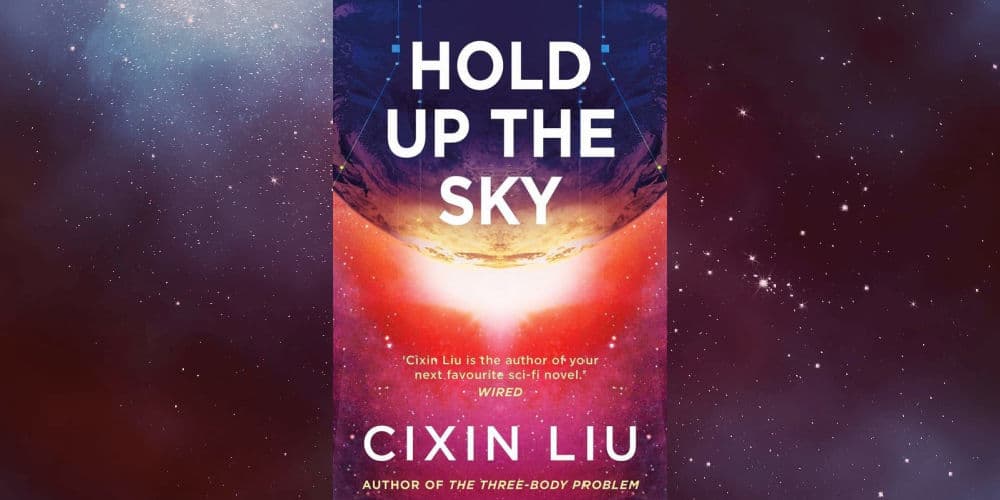
By Liu Cixin, 2020
This is a collection of over ten short stories by Liu Cixin, the same author as The Wandering Earth and The Three-Body Problem – the award-winning science fiction work that became a worldwide sensation and was called a “milestone in Chinese science-fiction” by The New York Times. Over the past few years, Liu has gained international fame for introducing “Chinese science fiction” to the world.
“What makes Chinese science fiction Chinese?”, Liu writes in his foreword: “For my part, I have never consciously or deliberately tried to make my sci-fi more Chinese. The stories in this anthology touch on a variety of sci-fi themes, but they all have something in common: They are about things that concern all of humanity, and the challenges and crises they depict are all things humanity faces together.”
Get the book: To Hold Up the Sky
★ Also available as audiobook (iTunes) here / or via Audible here
#43 ● Braised Pork
An Yu was born and raised in Beijing, and she left at the age of 18 to study at New York University. Braised Pork is her first novel, which revolves around Jia Jia who finds her husband drowned in their bathroom tub. The young window then sets out on a journey of self-discovery that takes her from whiskey bars to the high plains of Tibet. Along the way, she crosses paths with people experiencing losses of their own, including someone who may be able to offer her the love she had long thought impossible.
Braised Pork is an original debut, which Time called an “engrossing portrait of isolation.”
Get the book: Braised Pork: A Novel
★ Also available as audiobook (iTunes) here / or via Audible here
#44 ● Broken Wings
By Jia Pingwa, translated by Nicky Harman, 2019
Jia Pingwa is one of the most prominent names in contemporary Chinese literature. In Broken Wings, he focuses on rural China and the problem of human trafficking – China has one of the highest rates of human trafficking in the world. The novel centers on Butterfly, a young woman abducted and sold into a “marriage” in a mountainous village. The story follows her struggle to keep herself together while being imprisoned and abused.
Get: Broken Wings by Jia Pingwa
#45 ● Strange Beasts of China
By Yan Ge, translated by Jeremy Tiang, Tilted Axis Press 2020
In a fictional industrial Chinese town called Yong’an, an amateur cryptozoologist goes in search of marvelous spirits and monsters, some strongly resembling humans. Each chapter of Yan Ge’s novel introduces a new creature. While documenting the stories of the beasts of Yong’an, the cryptozoologist discovers more about herself.
#46 ● China Dream
By Ma Jian, translated by Flora Drew, 2018
Exiled author Ma Jian has written great works, including Red Dust, Stick Out Your Tongue, and Beijing Coma. His latest satirical work China Dream is about a corrupt senior official in a provincial Chinese city who struggles with his memories of the Cultural Revolution.
Get: China Dream
#47 ● Broken Stars: Contemporary Chinese Science Fiction in Translation
By Ken Liu (ed), Tor Books 2019
This volume contains sixteen short stories with a wide variety of styles from China’s groundbreaking science fiction writers, edited and translated by award-winning author Ken Liu.
Buy here: Broken Stars: Contemporary Chinese Science Fiction in Translation
FOR THE KIDS
#48 ● Gobi: A Little Dog with a Big Heart

by Dion Leonard, illustrations by Liza Manuzak, 2017
In 2016, What’s on Weibo covered the story of the Australian runner Dion Leonard who found a best friend in a stray dog who joined him on his 155-mile marathon across China; the dog even stayed with the runner at night and never left his side. Determined to bring his loyal friend back home with him to the UK (Leonard is based in Edinburgh), Gobi started his lengthy quarantine process when the heartwarming story took a new turn for the worse: the little dog suddenly went missing in Urumqi. What followed was an intense search that was covered by all international media, and with dozes of Chinese volunteers ready to help and find this little dog in a city of 3,5 million people.
In Finding Gobi, Leonard tells the incredible story of this mission impossible that eventually had a happy ending that had everyone cheering. The book Finding Gobi – The True Story of a Little Dog and an Incredible Journey was published in 2017, and now there is also a children’s version and a picture board book for the littlest ones which makes a nice gift for kids who can read and then the youngest kids. (Tip for those studying Chinese! Finding Gobi was also translated into Chinese and came out in 2018. This book, 寻找 Gobi, is a fun read and suitable for upper-intermediate and advanced learners of Chinese.)
Get the book: Gobi: A Little Dog with a Big Heart (picture book)
Young Reader’s Edition (2017): Finding Gobi: Young Reader’s Edition: The True Story of One Little Dog’s Big Journey
Get the original edition (2017): Finding Gobi: A Little Dog with a Very Big Heart
#49 ● Doctor Li and the Crown-Wearing Virus
By Francesca Cavallo, Undercats 2020
This children’s book was created to combat the rising Anti-Asian sentiment at the start of the pandemic. Writer Francesco Cavallo wanted to let kids around the world know that the first hero of the pandemic was a Chinese doctor named Doctor Li Wenliang who first raised the alarm that a novel coronavirus was spreading in Wuhan. This beautifully illustrated book is about a smart 7-year-old, May, who learns about Doctor Li’s courage and, inspired by his example, takes action in her community to cultivate hope, resilience and positivity through a difficult time.
Get: Doctor Li and the Crown-wearing Virus
#50 ● My Beijing: Four Stories of Everyday Wonder
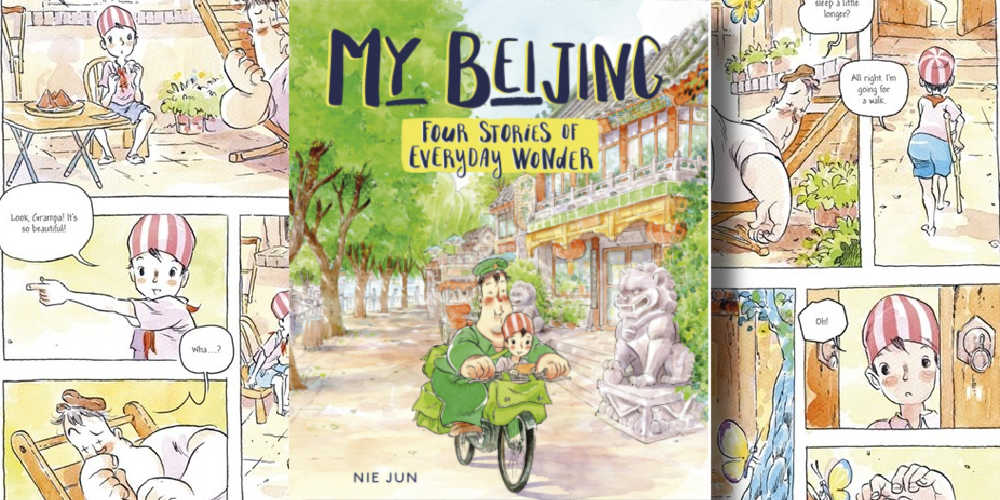
Story and illustration by Nie Jun, translation by Edward Gauvin, 2018
This is a graphic novel, a manga-style illustrated storybook, that follows little Beijing girl Yu’er and her grandpa. They live in a Beijing hutong neighborhood full of big personalities. There’s a story around every corner, and each day has a hint of magic. The book has some beautiful sketches that anyone who loves Beijing will appreciate – more than a comic book, this is a piece of art. Although the book is suitable for kids (age 7 and older), adults with a love for Beijing and its charming old neighborhoods will definitely also love this cute book.
Get it here: My Beijing: Four Stories of Everyday Wonder
There’s so much reading to do! Where to start?
There are many books in the list above focusing on many different topics, so it all depends on the areas you want to explore the most.
We’ll share some of our personal favorites.
They include Rana Mitter’s Good War and Helen Zia’s Last Boat out of Shanghai in the history section; Wang’s Blockchain Chicken Farm and Brennan’s Attention Factory in the tech category; Strangio’s In the Dragon’s Shadow and Roberts’ The Myth of Chinese Capitalism in the popular/focus sections, and lastly, Schneider’s Staging China and Wang’s The Other Digital China in the China Studies section.
EXTRA MENTIONS
We can’t fit them all in one list but we’d also really like to point out the following new books since they’re worth it!
● Inconvenient Memories – A Personal Account of the Tiananmen Square Incident and the China Before and After by Anna Wang, Purple Pegasus Inc 2019
● Hidden Hand: Exposing How the Chinese Communist Party is Reshaping the World, by Clive Hamilton and Mareike Ohlberg, Oneworld Publications 2020
● Mao’s Third Front: The Militarization of Cold War China by Covell F. Meyskens, Cambridge University Press 2020
● China’s Revolutions in the Modern World: A Brief Interpretive History by Rebecca E. Karl, Verso 2020
● Champions Day: The End of Old Shanghai, by James Carter, WW Norton & Co 2020
● The Book of Shanghai: A City in Short Fiction, Jin Li & Dai Congrong (eds), Comma Press 2020
● An American Bum in China: Featuring the Bumblingly Brilliant Escapades of Expatriate Matthew Evans, by Tom Carter, illustrations John Dobson, Camphor Press 2019
And lastly, we did not include travel books here, but for those planning to travel to China and looking for the right travel book:
● Travel to China: Everything You Need to Know Before You Go, by Josh Summers, edited by Leeanne Hendrick, Go West Media 2019
Happy reading!
By Manya Koetse
Follow @WhatsOnWeibo
Enjoy this article and like to help keep What’s on Weibo going? Please consider donating to the site.
This is not a sponsored post. When you purchase an independently reviewed book through our site, we earn a very small affiliate commission at zero extra cost to you – it helps us in maintaining this site. Spotted a mistake or want to add something? Please let us know in comments below or email us. First-time commenters, please be patient – we will have to manually approve your comment before it appears.
©2020 Whatsonweibo. All rights reserved. Do not reproduce our content without permission – you can contact us at info@whatsonweibo.com.

Over the past weeks, What’s on Weibo has published a series of five articles listing the most popular Chinese apps within this period across various categories. Although these apps are mostly targeted at Chinese mobile users, some are also very useful for those studying Chinese.
Please see our lists of popular Chinese apps in the following articles:
-
From Study Xi to Himalaya FM: Top 5 Popular Chinese Learning & Study Apps
-
Online Doctors and Counting Steps: Top 5 Chinese Health & Fitness Apps
-
China’s Top Mobile Gaming Apps
-
Top 6 of China’s Popular News Apps
-
Top 5 of China’s Most Popular Short Video and Live Streaming Apps
By Gabi Verberg & Manya Koetse
Spotted a mistake or want to add something? Please let us know in comments below or email us.
©2019 Whatsonweibo. All rights reserved. Do not reproduce our content without permission – you can contact us at info@whatsonweibo.com
Subscribe

Chinese New Nickname for Trump Mixes Fairy Tales with Tariff War
China Trending Week 15/16: Maozi & Meigui Fallout

China Reacts: 3 Trending Hashtags Shaping the Tariff War Narrative

No Quiet Qingming: From High-Tech Tomb-Sweeping to IShowSpeed & the Seven China Streams

From Trade Crisis to Patriotic Push: Chinese Online Reactions to Trump’s Tariffs

“Dear Li Hua”: The TikTok/Xiaohongshu Honeymoon Explained

Beyond the Box Office: What’s Behind Ne Zha 2’s Success?

Weibo Watch: A New Chapter

15 Years of Weibo: The Evolution of China’s Social Media Giant

Tuning Into the Year of the Snake

IShowSpeed in China: Streaming China’s Stories Well

TikTok Refugees, Xiaohongshu, and the Letters from Li Hua

The ‘China-chic Girl’ Image and the Realities of China’s Competitive Food Delivery Market

US-Russia Rapprochement and “Saint Zelensky”: Chinese Online Reactions to Trump’s Shake-Up

“Black Myth: Wukong”: From Gaming Screens to the CMG Spring Festival Gala?
Get in touch
Would you like to become a contributor, or do you have any tips or suggestions? Get in touch here!
Popular Reads
-

 China Insight11 months ago
China Insight11 months agoThe Tragic Story of “Fat Cat”: How a Chinese Gamer’s Suicide Went Viral
-

 China Digital10 months ago
China Digital10 months agoChina’s 2024 Gaokao Triggers Online Discussions on AI
-

 China Arts & Entertainment11 months ago
China Arts & Entertainment11 months agoSinging Competition or Patriotic Fight? Hunan TV’s ‘Singer 2024’ Stirs Nationalistic Sentiments
-

 China Arts & Entertainment12 months ago
China Arts & Entertainment12 months ago“Old Bull Eating Young Grass”: 86-Year-Old Chinese Painter Fan Zeng Marries 36-Year-Old Xu Meng




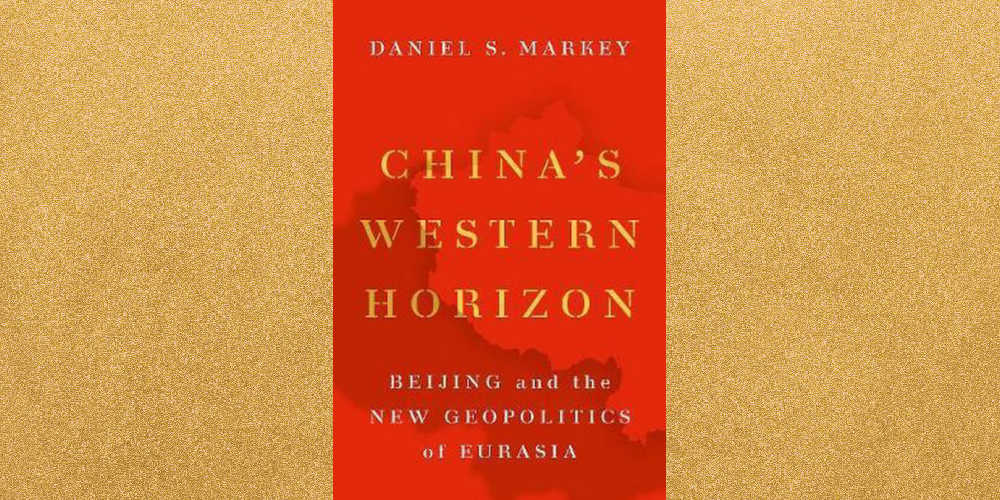
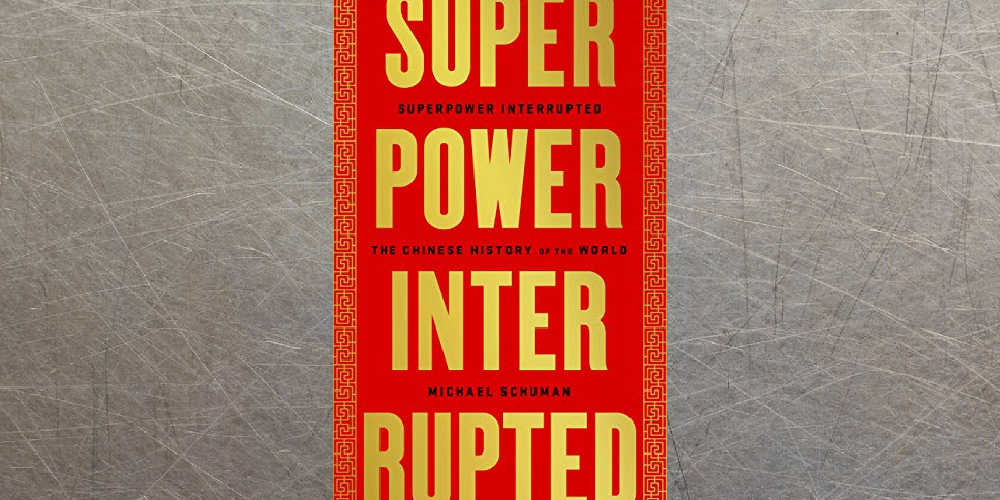
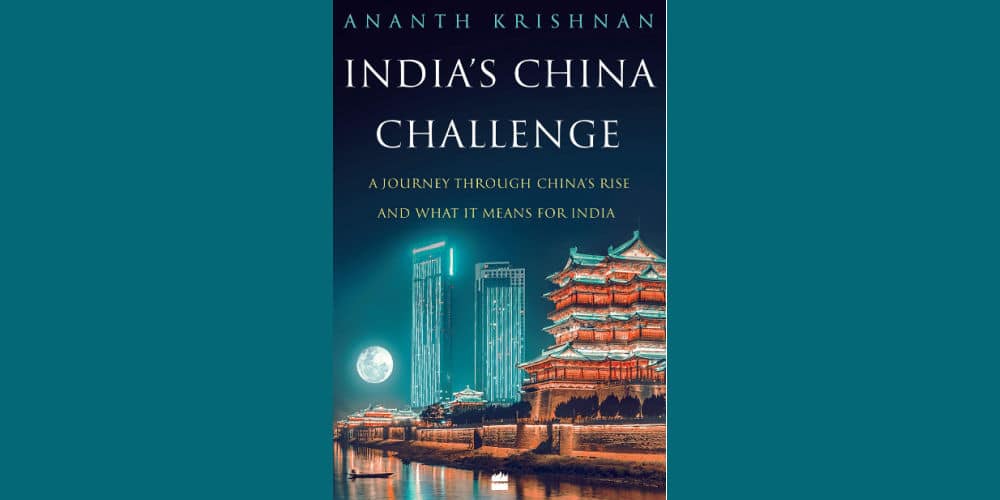
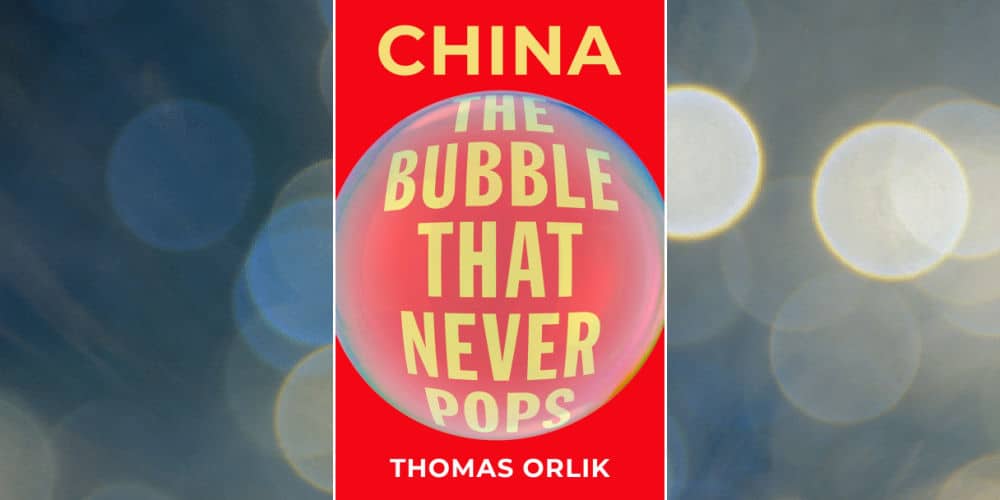

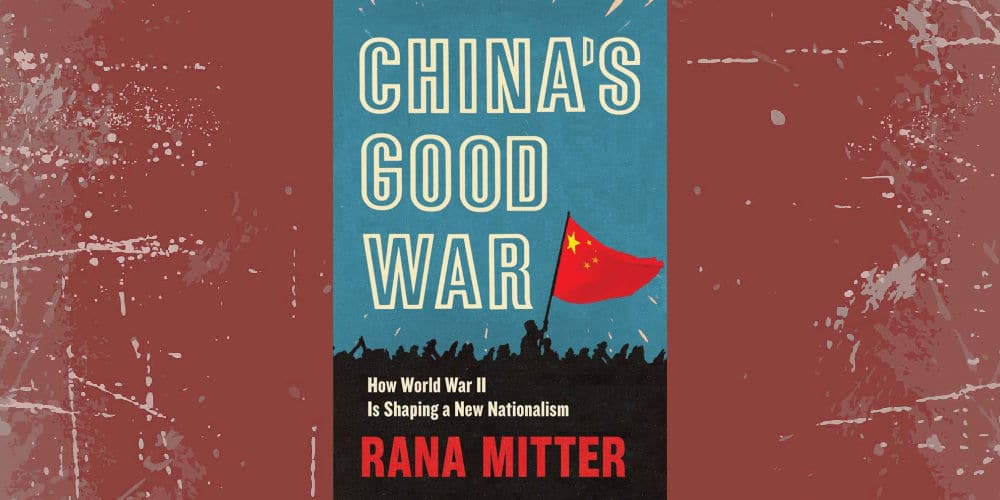
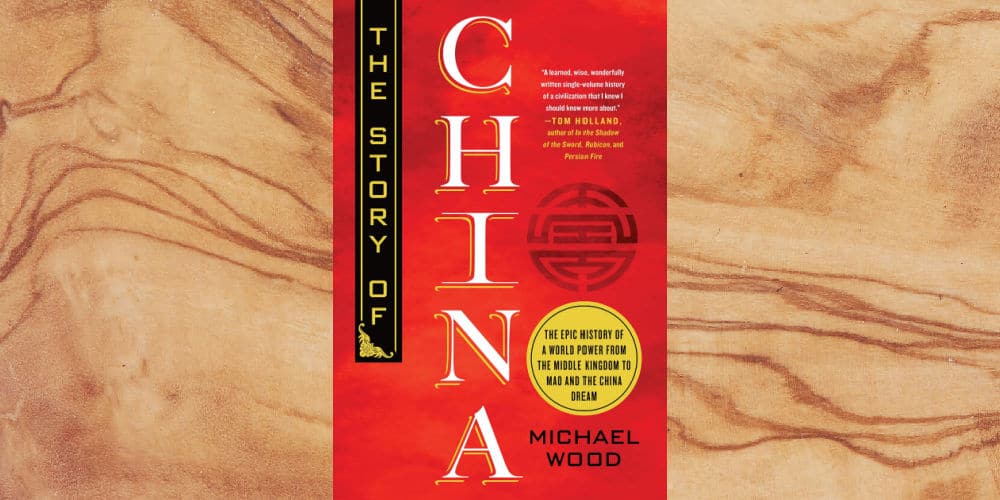
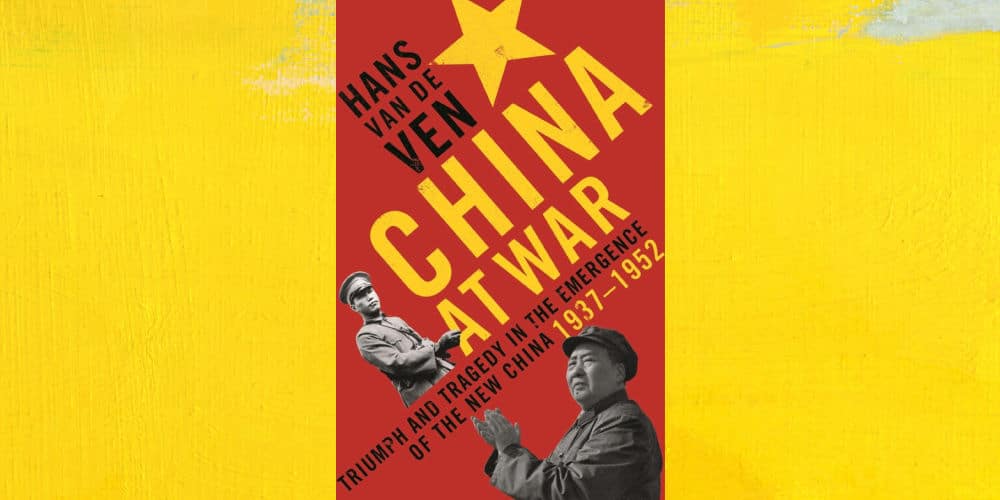
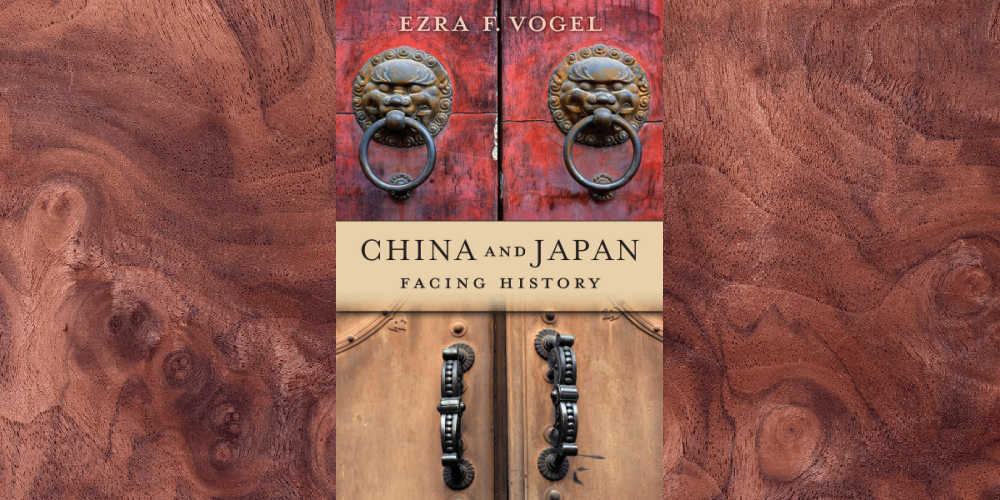
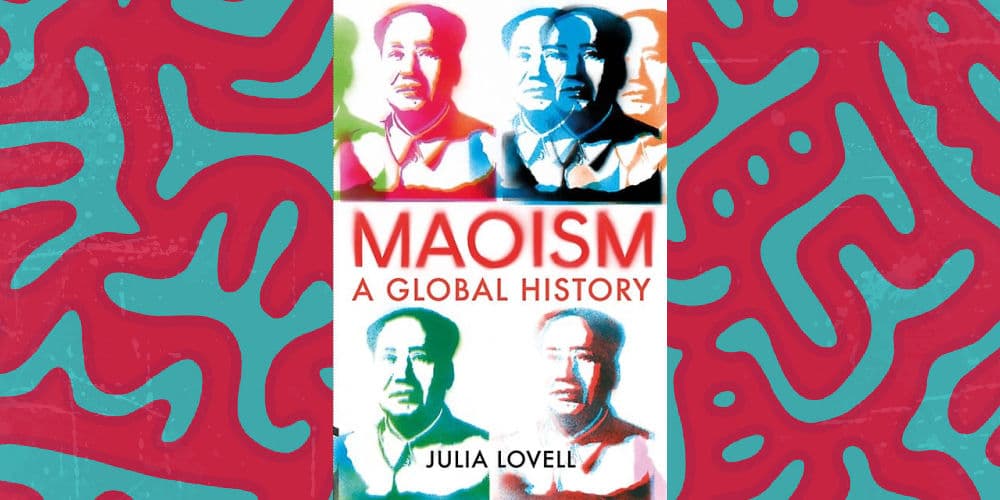
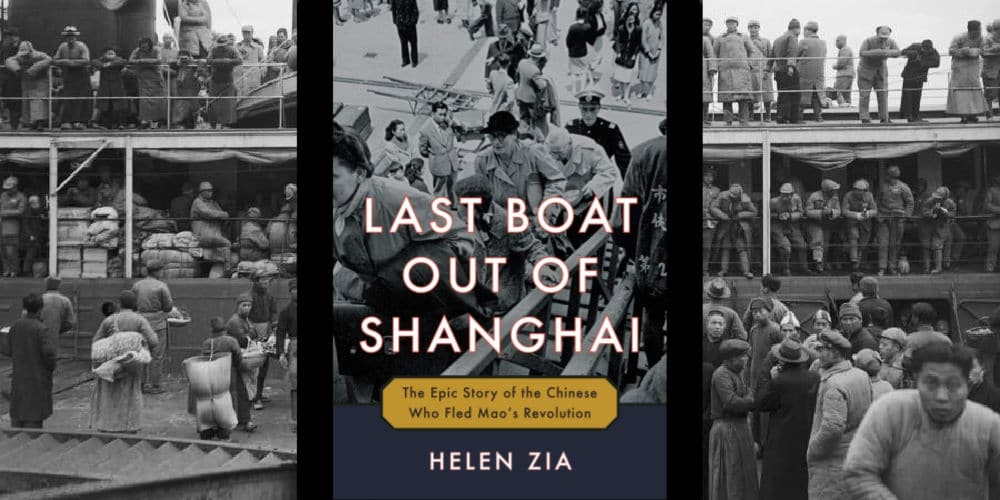
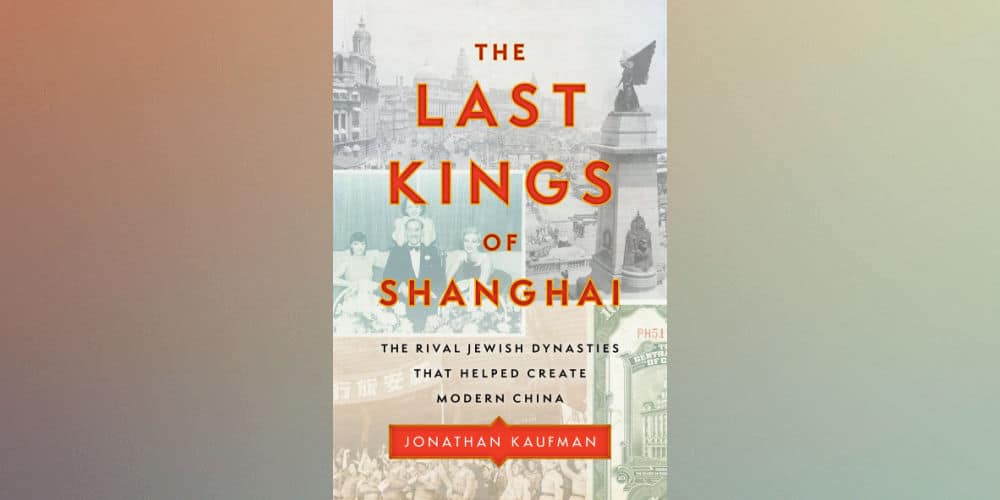
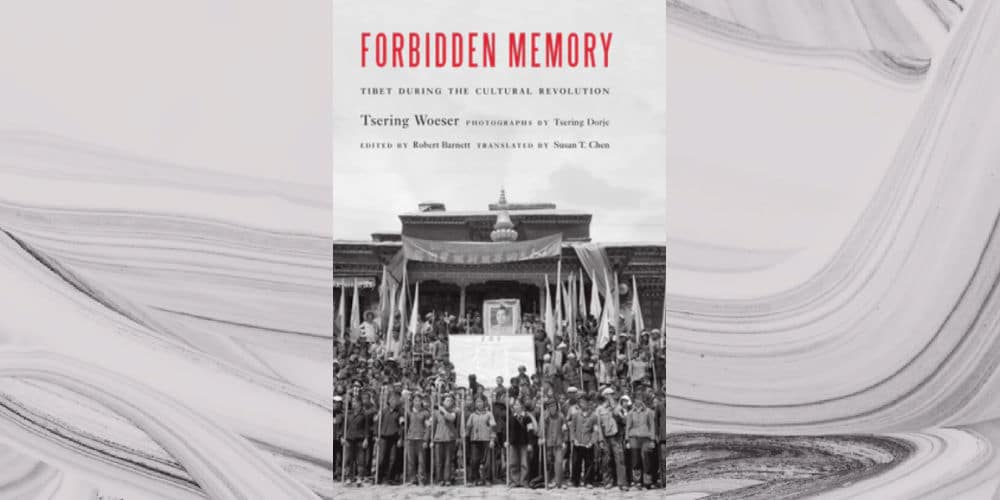
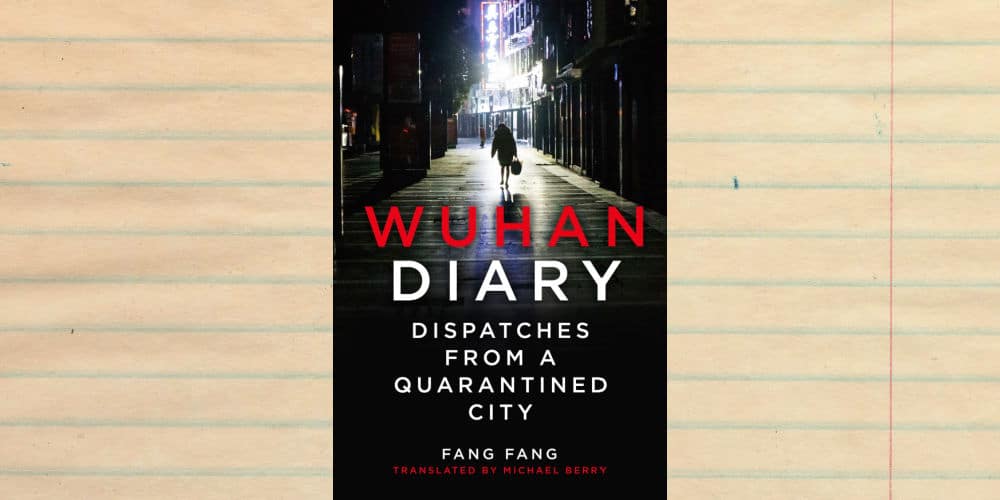
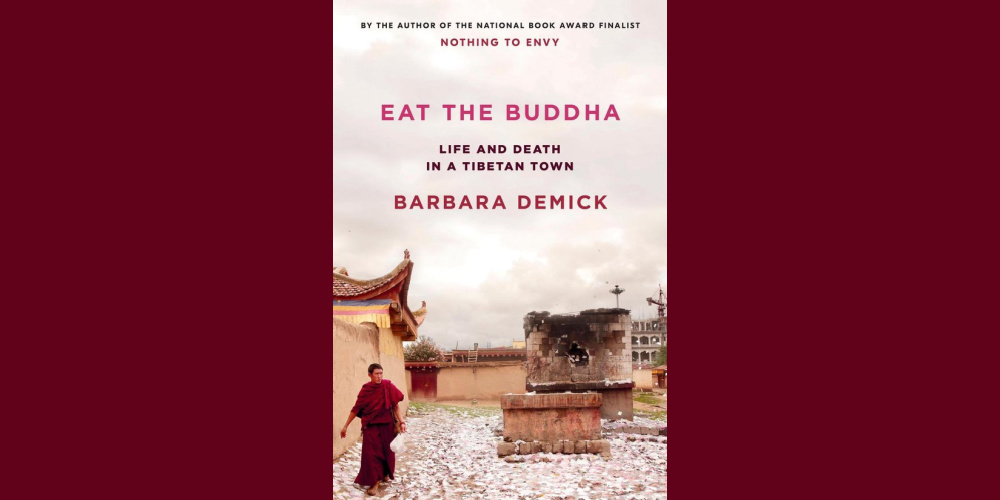


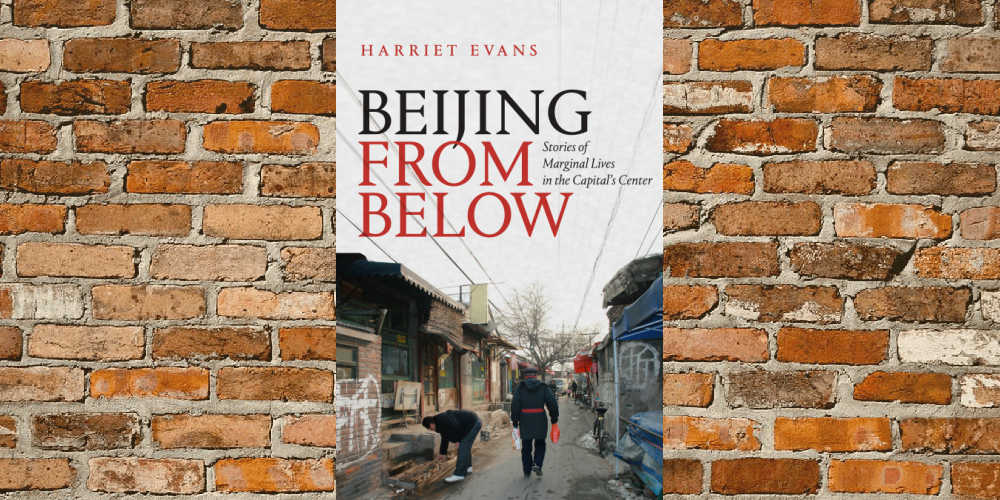
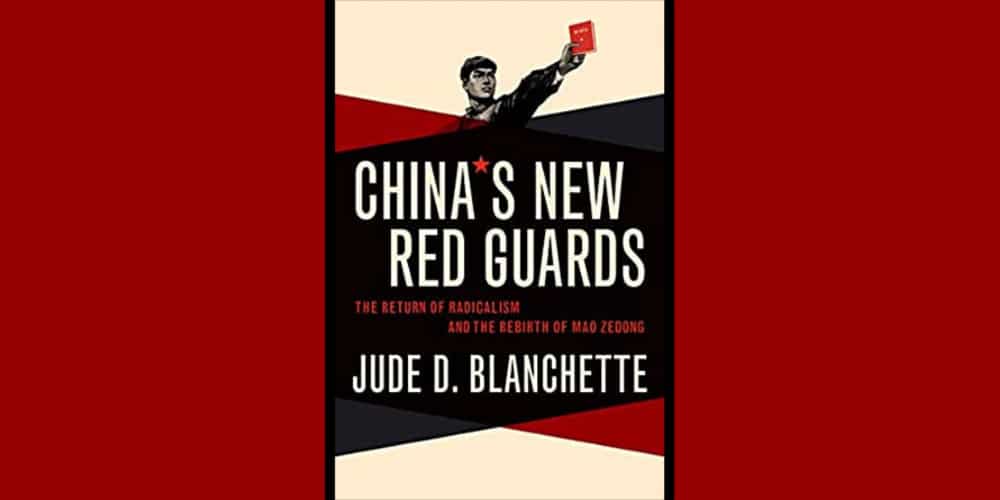



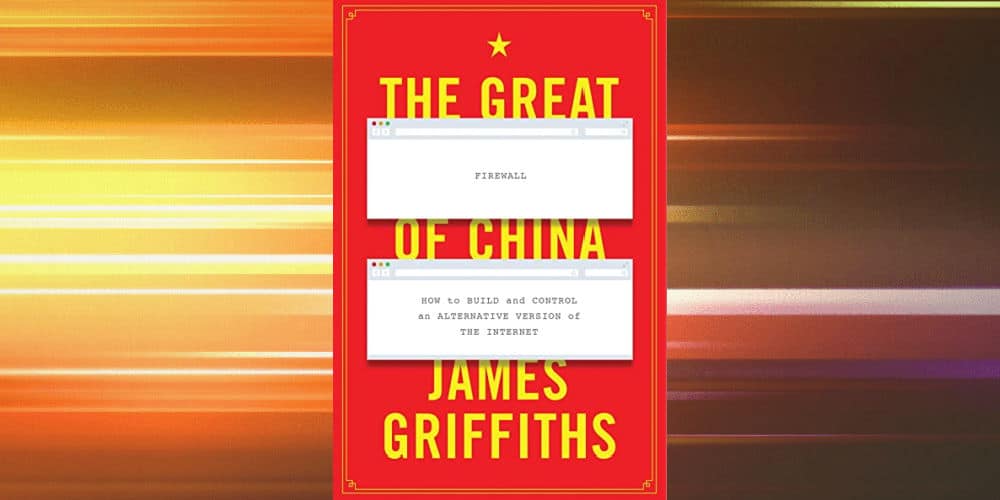


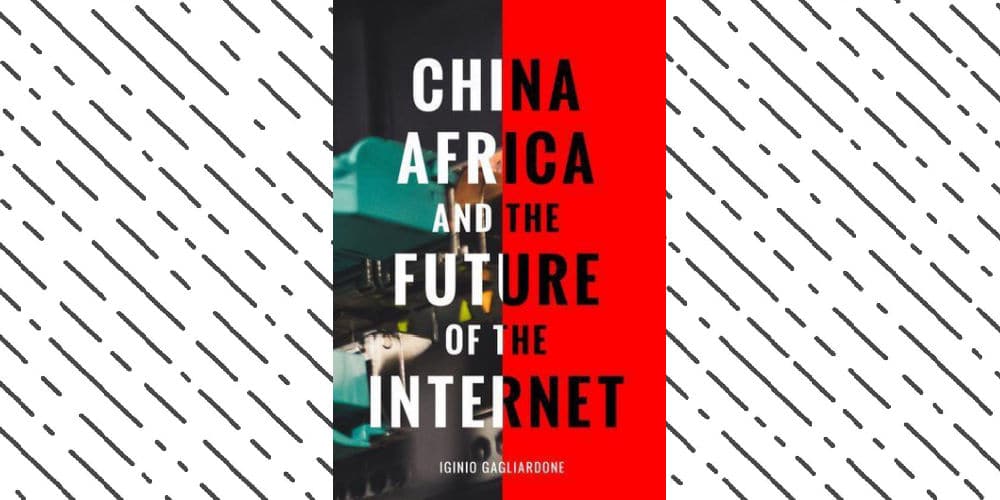
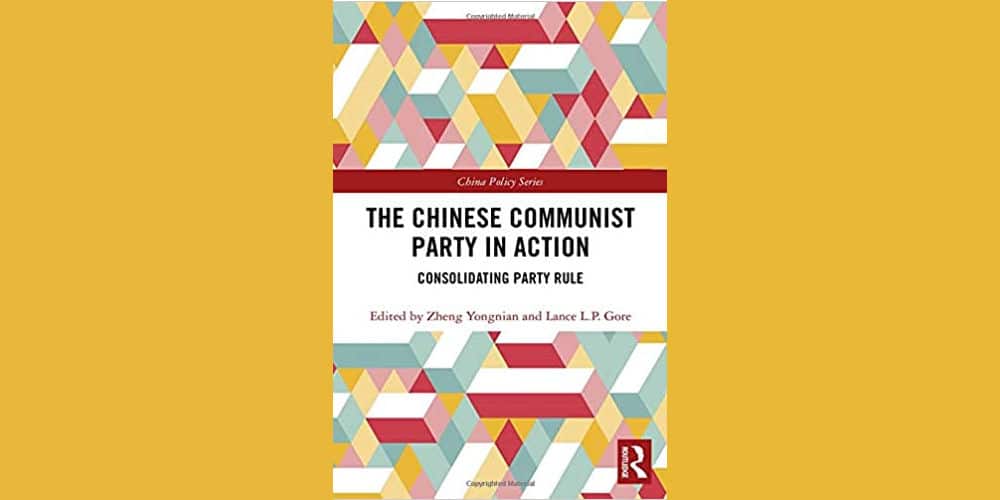
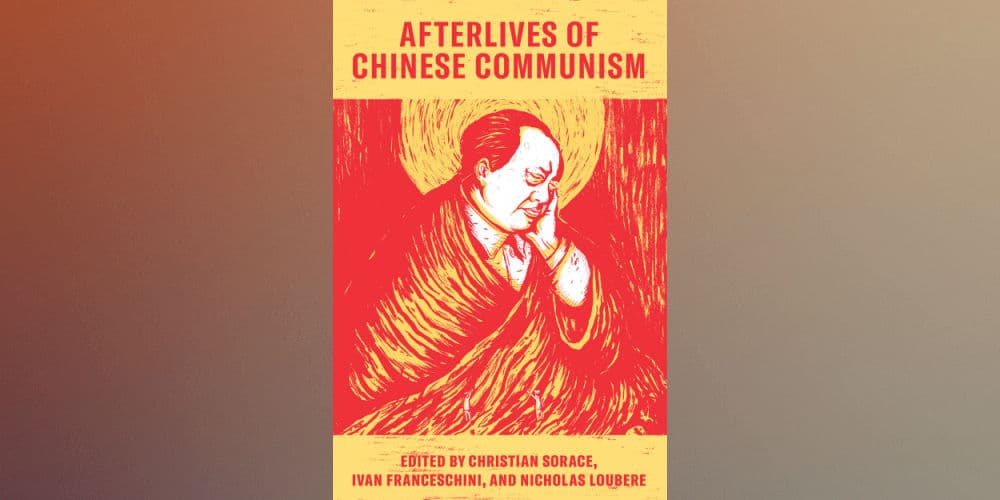
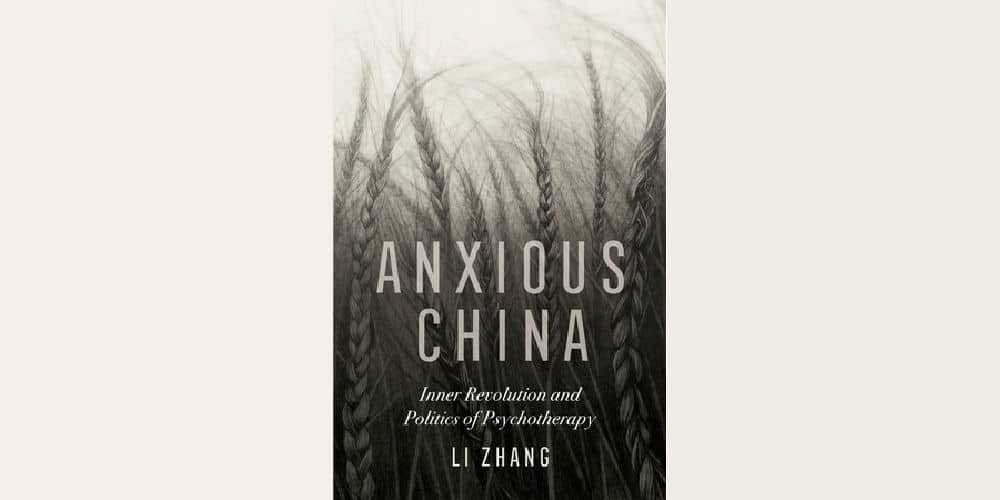
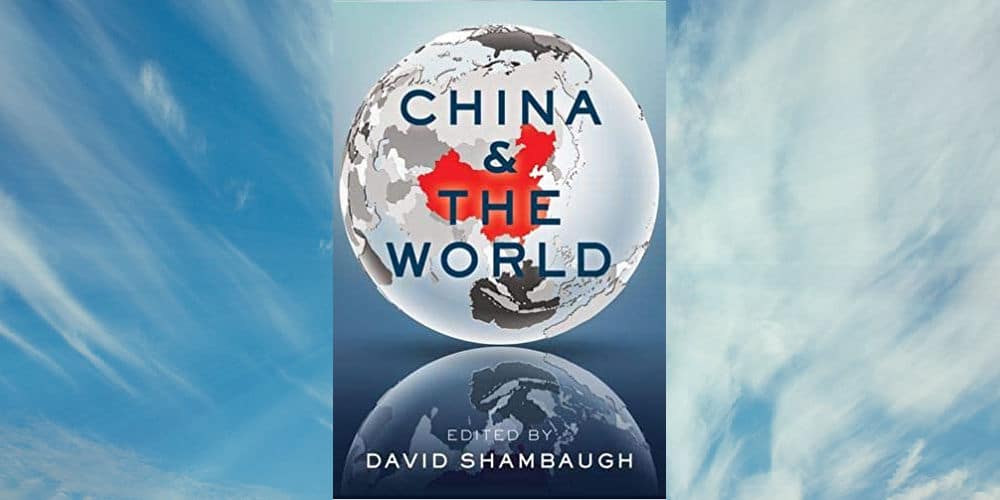
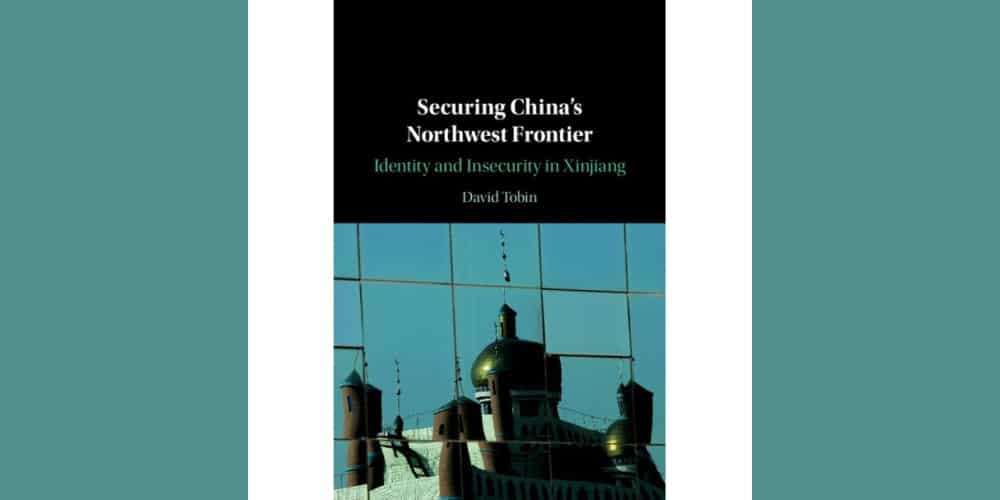
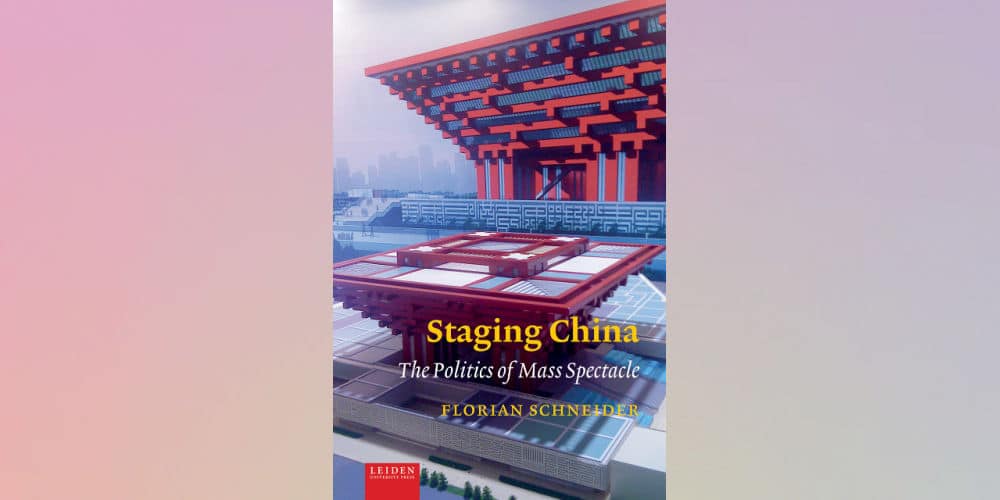





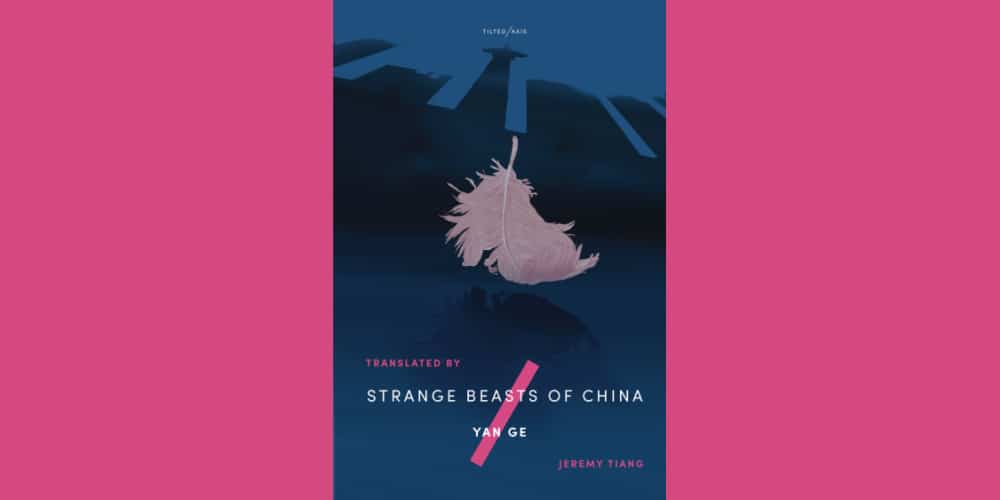
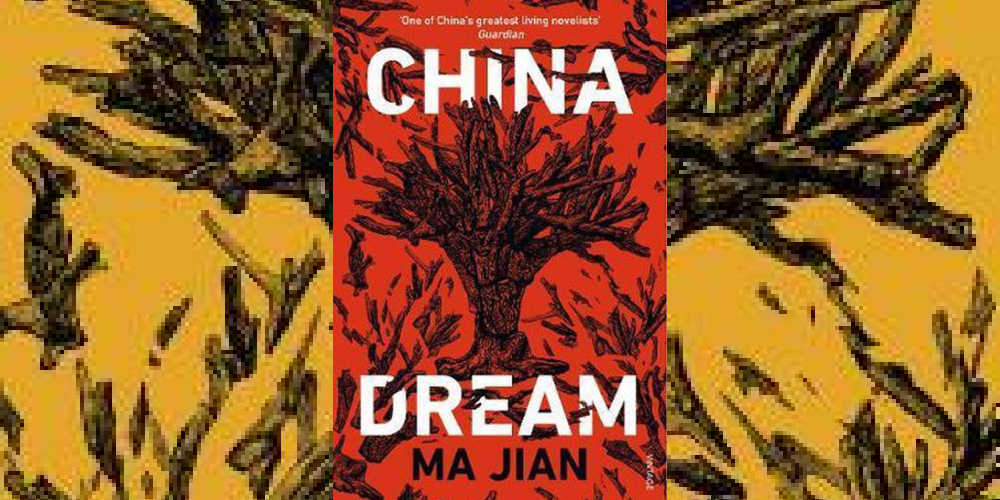
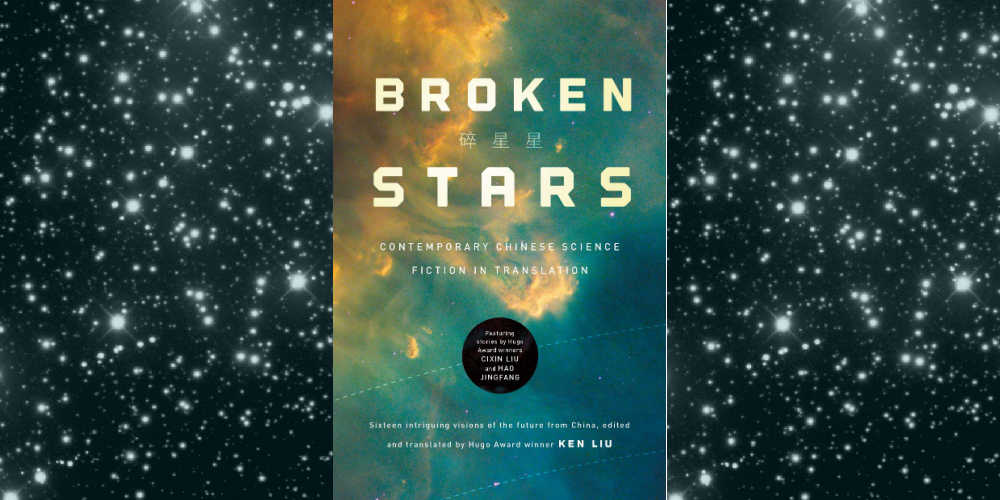


Bruce
February 1, 2018 at 7:40 am
Who made up this list, anyway?
I have a one-year subscription to Golden Frog’s VPN, and I was in Zhuhai recently. It was hardly working at all: Slow, unreliable, etc.
Astrill, by comparison, was still working like a charm.
Also, readers should note that the Chinese government has announced that it intends to effectively block the usage of foreign-based VPNs within February 2018. This is public policy; it is not a “state secret.” Some areas of China now consider possession of VPN software on mobile devices and PCs to be illegal. Chongqing is one of them.
Surely What’s on Weibo can do a better job of reporting on such topics?
What's on Weibo
February 1, 2018 at 1:24 pm
Dear Bruce aka Mort, as stated in the article above – we are transparent with our readers, and this post is not a sponsored post. We have tried each of these VPNs in 01/2018 and will recommend them, although we do recommend people to buy more than 1 service as connections may drop. Some of these recommendations may include an affiliate link that at no additional cost whatsoever to you allows What’s on Weibo to receive a small percentage in case you purchase the service. This is one way for us to cover part of the upkeep for What’s on Weibo, besides any donations we may receive (see https://www.whatsonweibo.com/donations/). For thorough reporting on the digital developments in China and VPN-related developments (type “VPN” in the search bar), please see our other pages & categories on this website – this is merely our resources & recommendations page. We’d happily recommend Astrill but due to its problems in January did not include it here. Let’s see how it holds up in February. Cheers.
Mort A Tierney
February 1, 2018 at 2:43 pm
Duly noted…but Mort is not Bruce…not that one, anyhow…
Mort A Tierney
February 1, 2018 at 10:59 am
Add to the above comment, you fail to mention Wu Xiangyang’s recent 5 1/2 year prison sentence for selling VPN. That would be relevant. “China plans to ban all VPNs starting in early 2018 unless they are registered with the authorities, defeating the purpose of an anonymous tool designed to circumvent the government.” https://www.theguardian.com/world/2017/dec/22/man-in-china-sentenced-to-five-years-jail-for-running-vpn. China’s growing 1984-style experiment in social engineering (increasing surveillance, pending social rating system, DNA collection of Uyghurs, et al) is a critical global issue as its influence spreads, esp. as America has abandoned its role as the world’s lead advocate for free speech and human rights. How many foreigners will go elsewhere or simply accept this “totalitarianism with a human face?”
oneapple
May 18, 2018 at 11:36 am
I have tested all the vpns above, yes, each of them works in china